Course to address sexual assault
Students must complete the online course by April 15.
March 11, 2015
NYU launched its online sexual misconduct training course to combat and raise awareness about sexual assault on Tuesday. Students must complete the mandatory course by April 15.
The course includes interactive quizzes and hypothetical scenarios to familiarize students with the concept of sexual misconduct, as well the actions, activities and situations they should avoid. The program will help explain how students can intervene and prevent an episode of sexual misconduct.
The program was launched through Campus Clarity, a program that provides online training to schools across the country in accordance with the SaVE Act and Title IX.
NYU spokesperson John Beckman said the university still needs to work on establishing a community that clearly labels sexual misconduct unacceptable.
“Reducing sexual misconduct won’t happen through changes in policy alone,” Beckman said. “It will require us to foster a campus culture that rejects sexual violence and other forms of sexual misconduct.”
Gallatin sophomore and president of Students for Sexual Respect Josy Jablons has been working on improving the course since winter break by providing her feedback about how its language, themes and scenarios can get better. Jablons said even though the online module has room for improvement, it is useful because it requires students to think about the topic of sexual assault.
“I think the training will be mostly successful because of the simple fact that everyone must complete it, from freshmen to law students,” Jablons said. “Regardless of the content, this puts the issue of campus sexual assault on the forefronts of everyone’s mind, and that is a valuable first step.”
However, other students, including CAS junior and president of the Feminist Society Meghan Racklin, have questioned the effectiveness of an online test module for sexual assault. Racklin argues that the similarly formatted test designed to educate students on drinking, AlcoholEdu, has not been very successful, and said in-person training would be more effective in educating students on the topic.
“NYU has an opportunity to be a leader in the field here, and more than that, they have a responsibility to create a safe learning environment for students,” Racklin said. “AlcoholEdu is not particularly effective, and I believe that is largely because students are not engaging with the material. The sexual assault prevention module runs the same risks, which is one reason why in-person education is so important.”
However, Racklin also said NYU made right decision by trying to involve student activists in the creation of the training program.
“I commend NYU for working with student activists on the sexual assault prevention module to make it the best it can be given the inherent restrictions imposed by the format and the specific program being used.”
In addition to the training course, the university has been working on fighting campus sexual assault on other fronts. In fall 2014, NYU announced changes in its sexual assault policies, including incorporating the concept of affirmative consent, creating a new Center for Sexual Misconduct Support Services and refining the disciplinary process.
Jablons said the reason the program is released at this date is that the matter of sexual misconduct requires immediate attention.
“It is also worth noting that this module is nowhere near complete or final,” Jablons said. “It is being released due to the urgency of this issue — the training for next fall will be surely altered, tailored and improved upon.”
A version of this article appeared in the Wednesday, March 11 print edition. Email Marita Vlachou at [email protected].


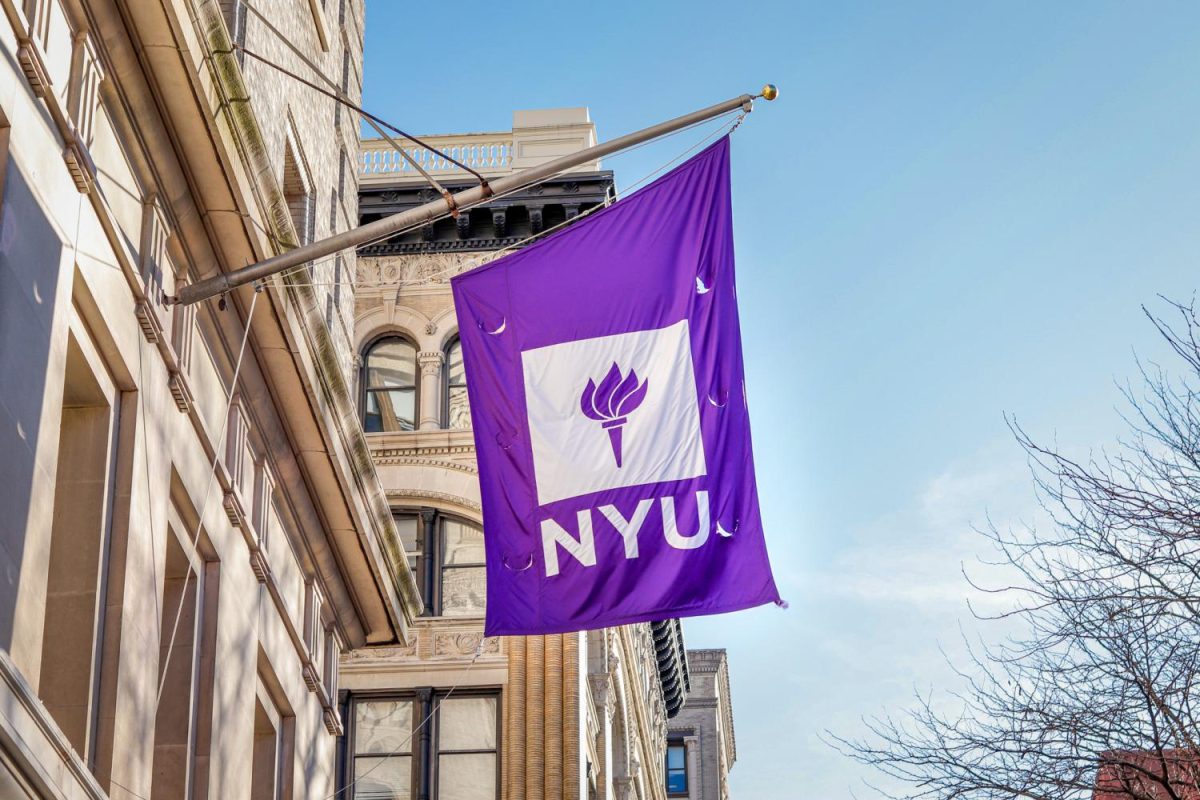









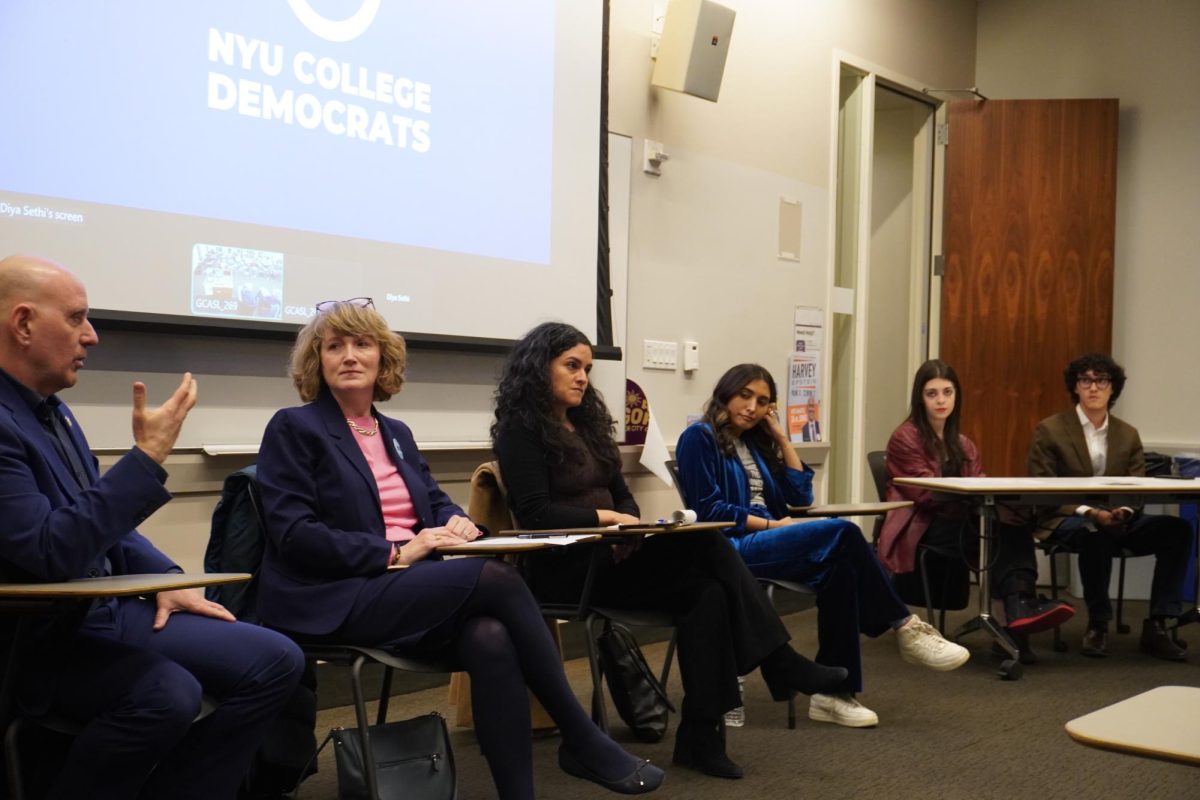
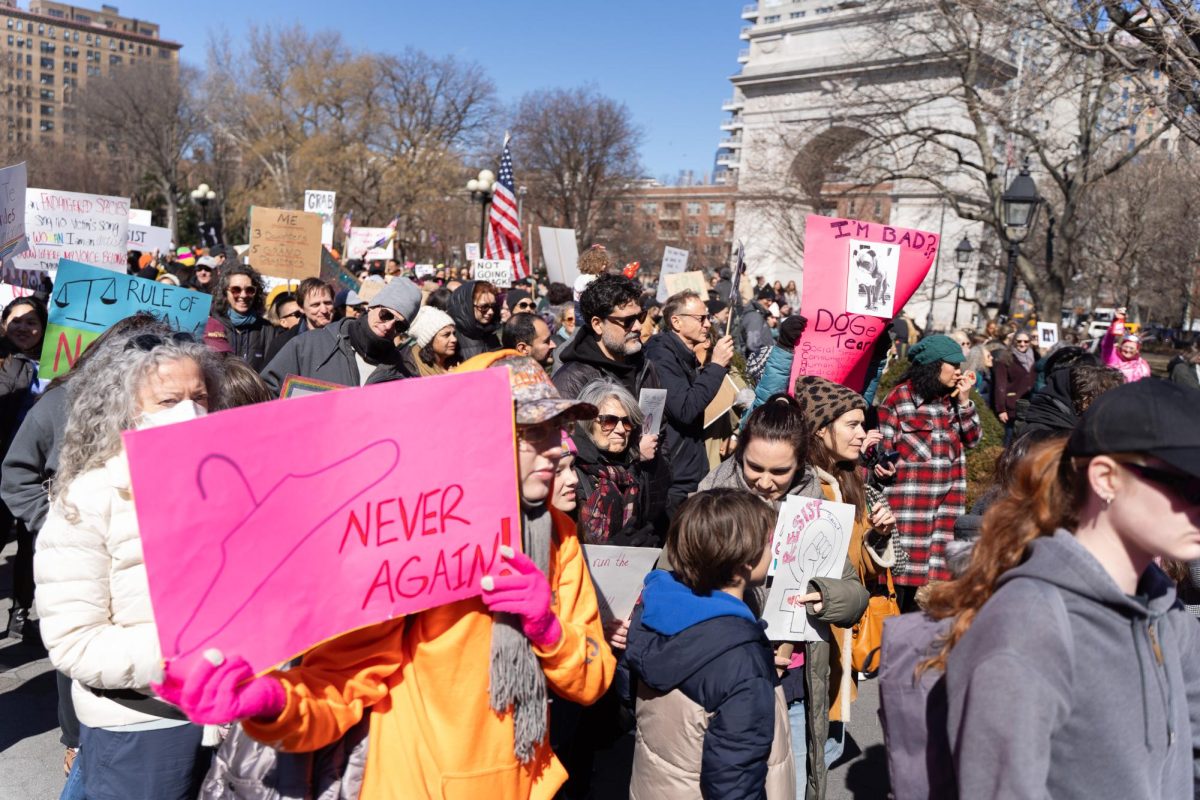
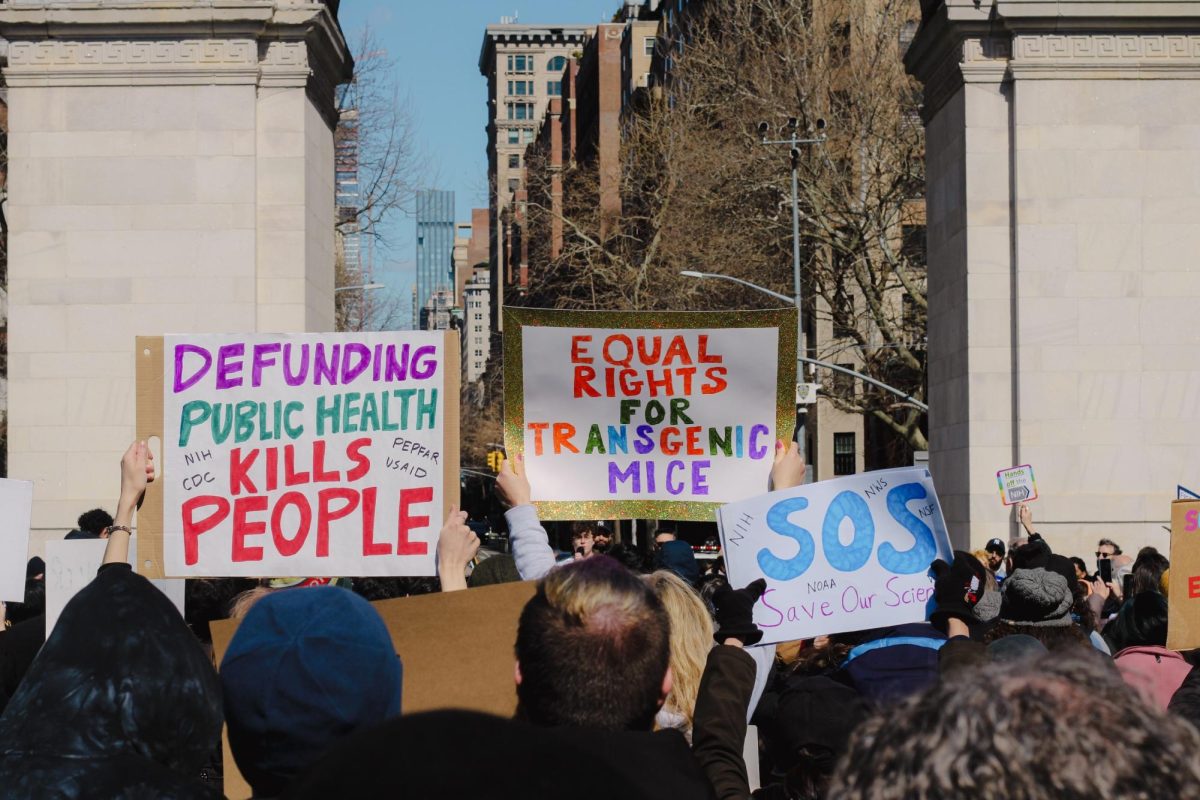
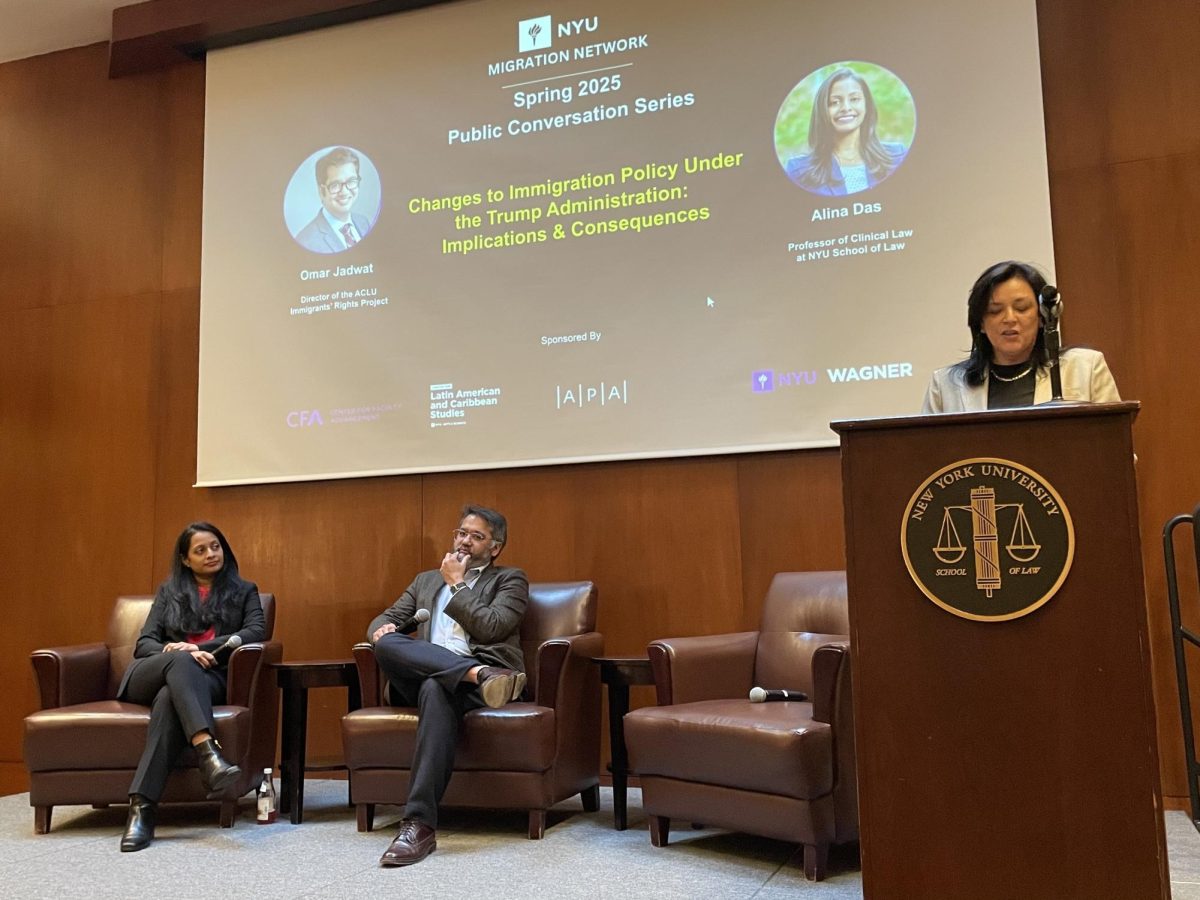
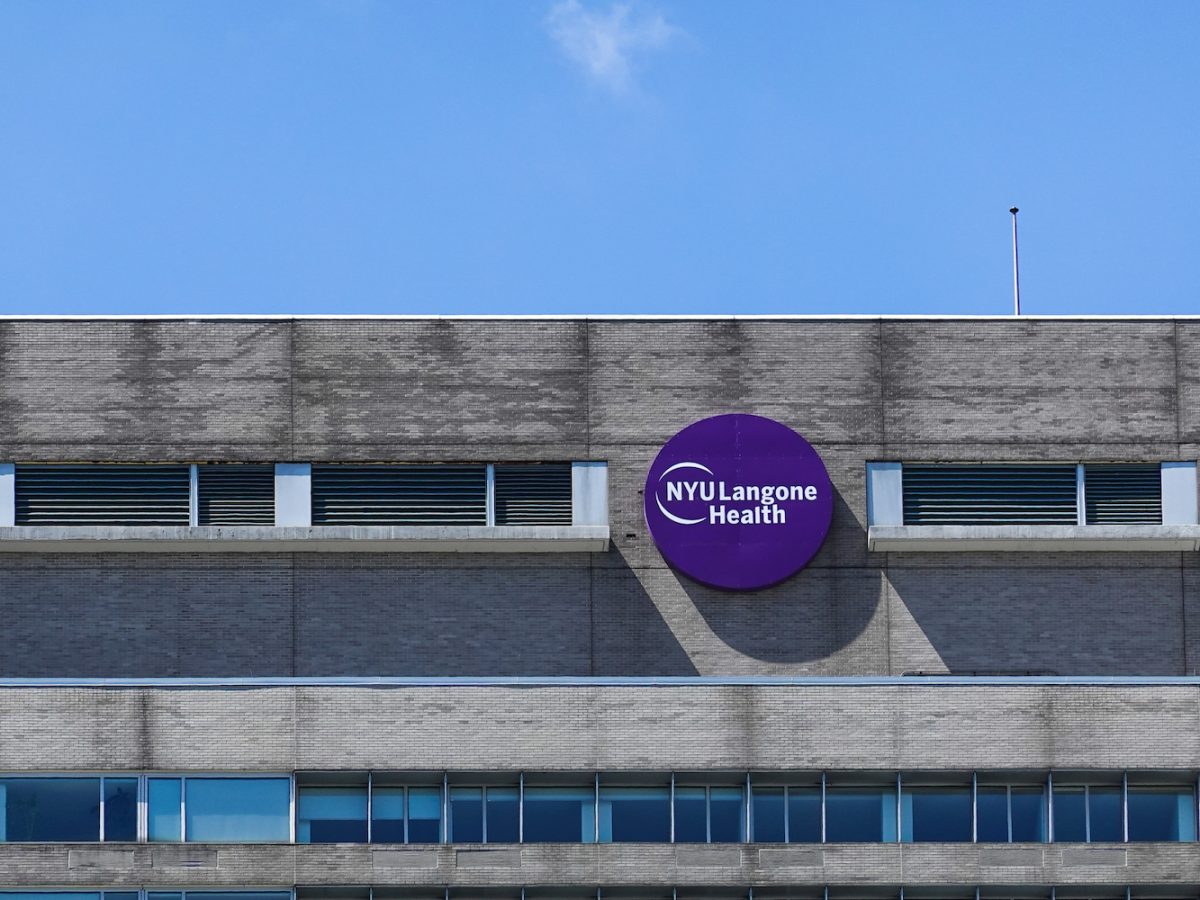


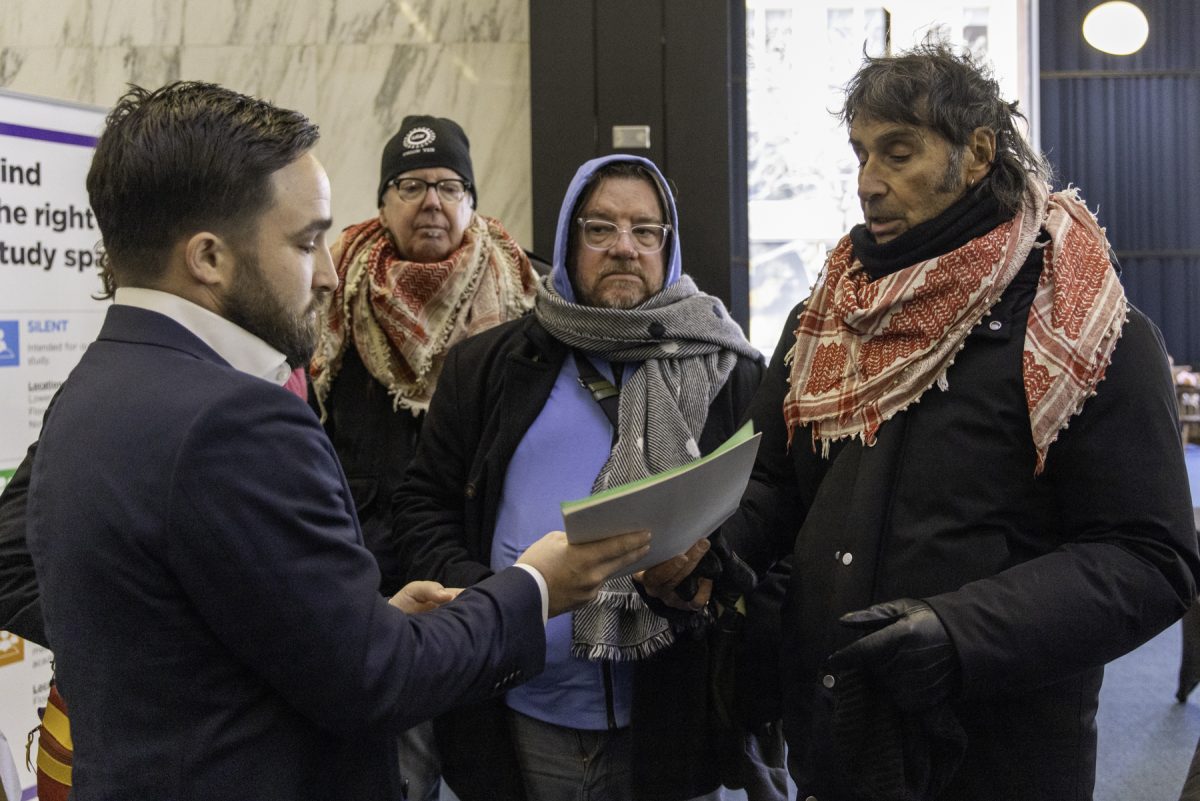
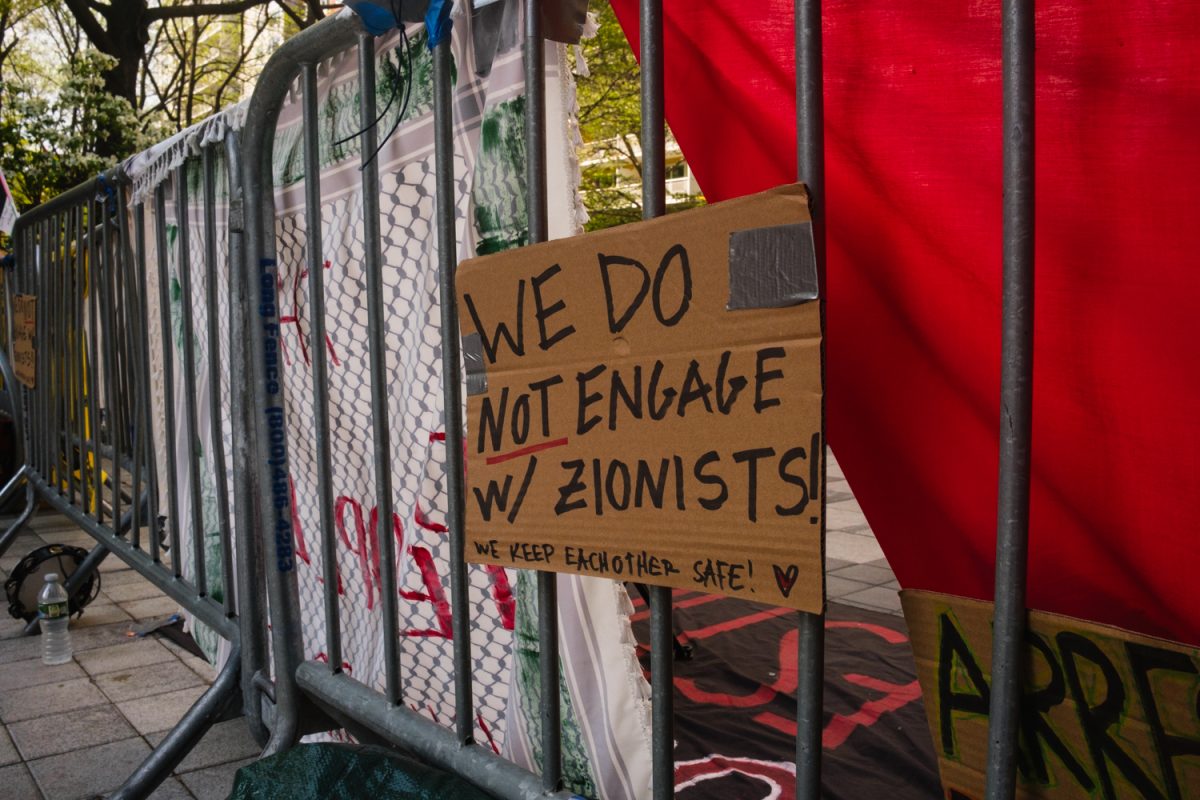


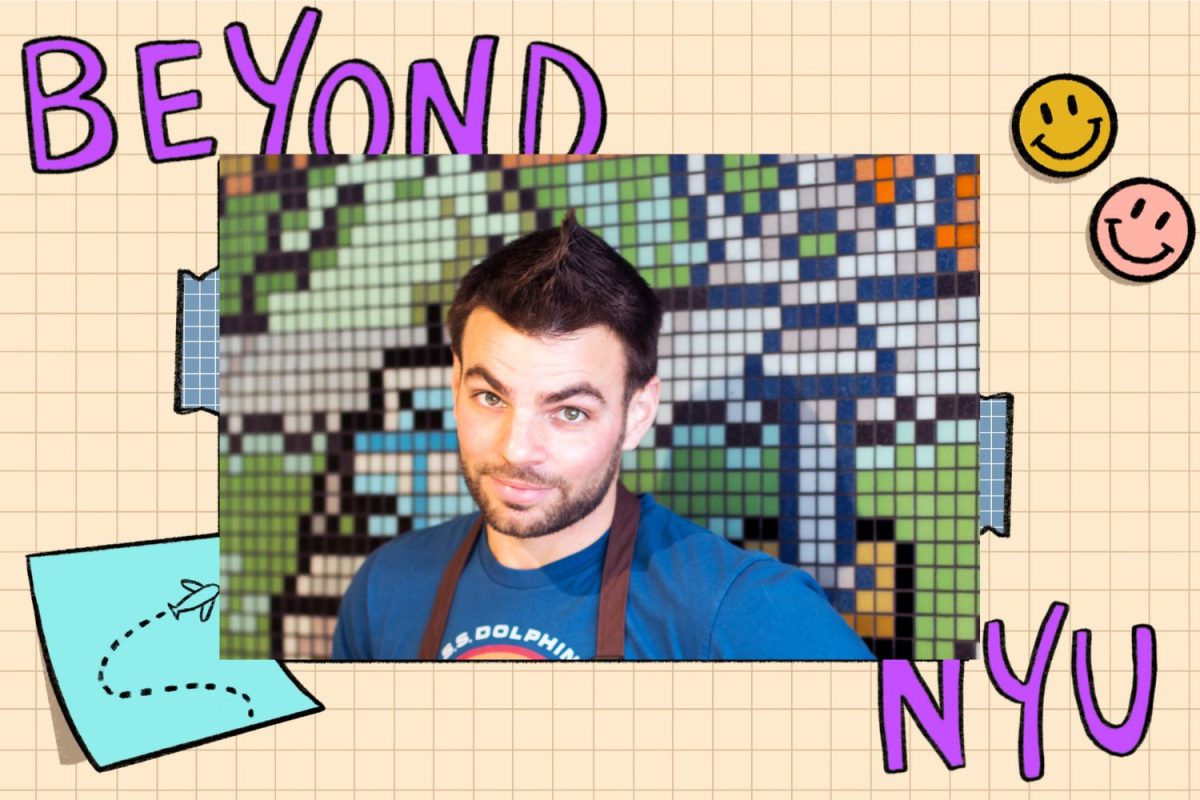




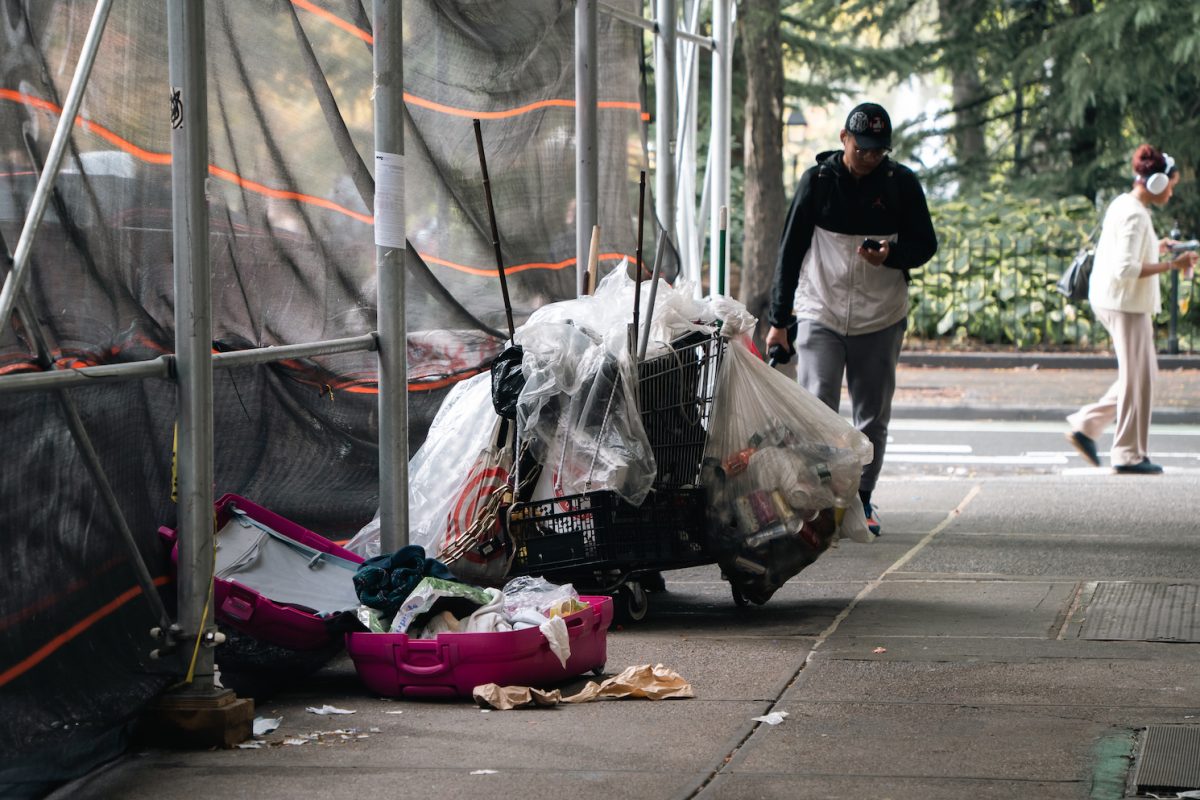

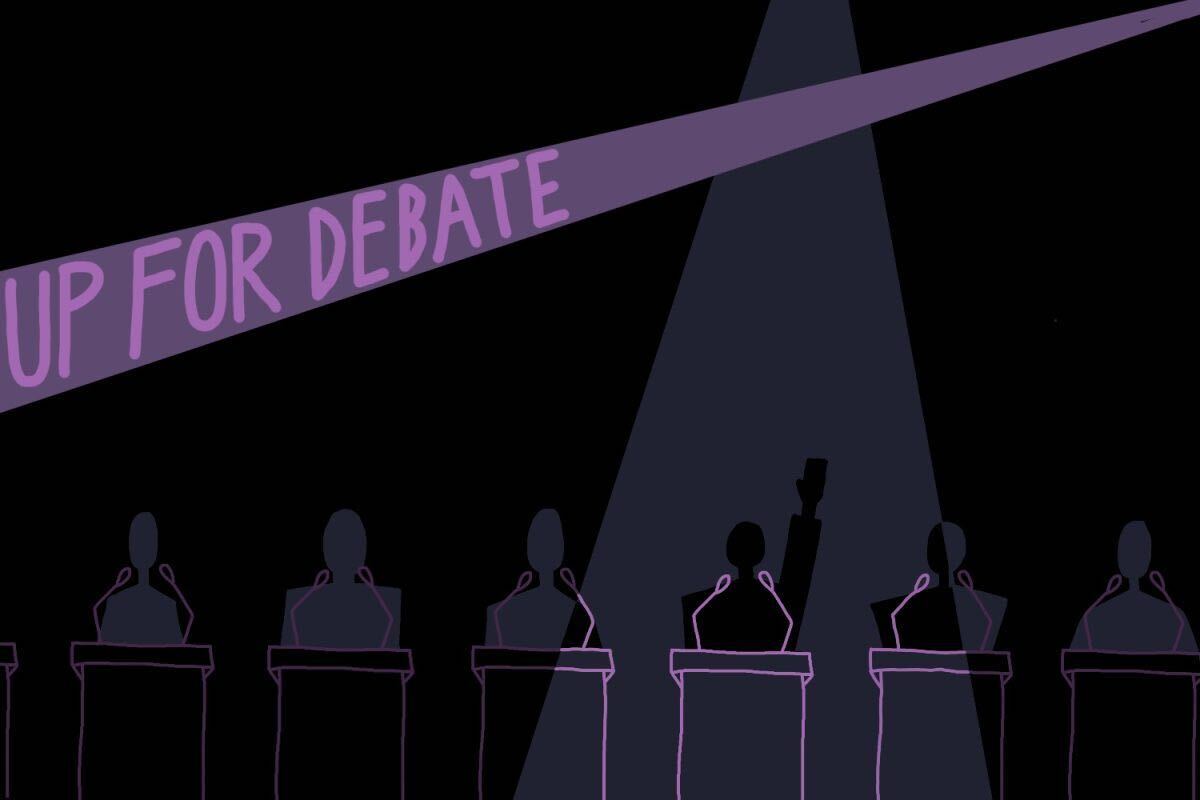
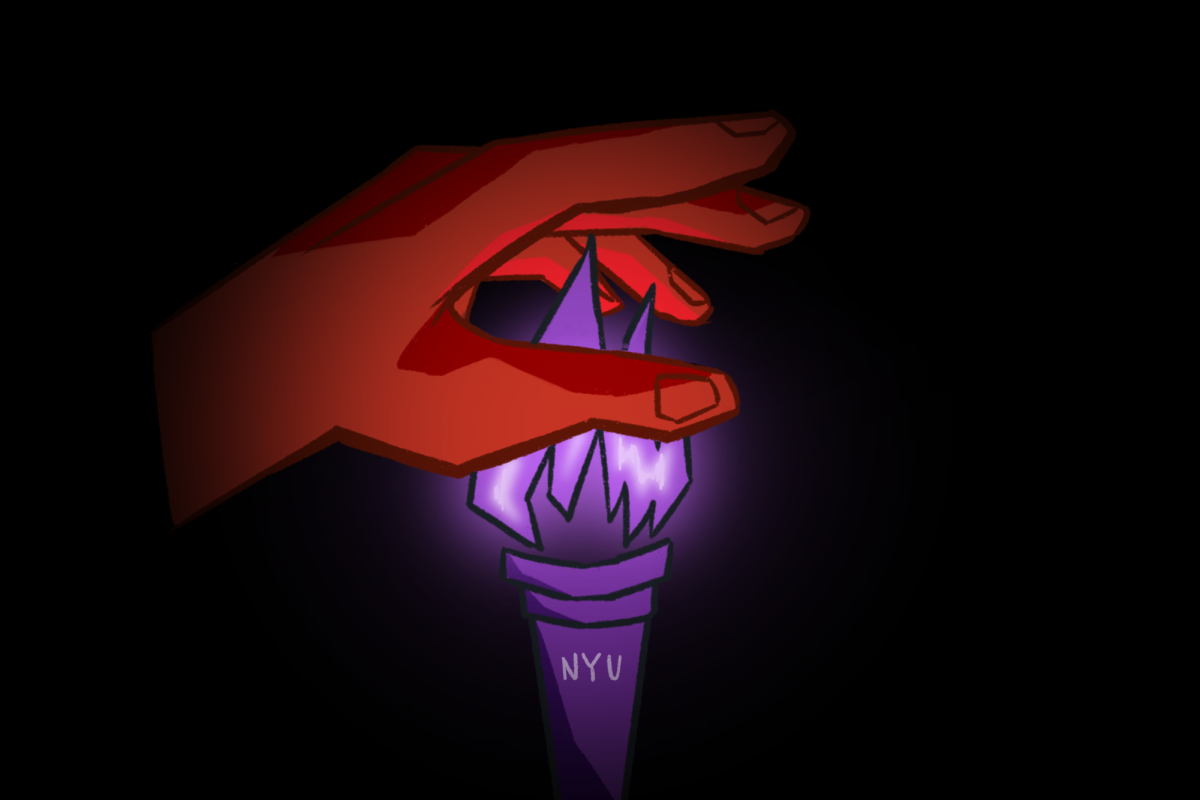
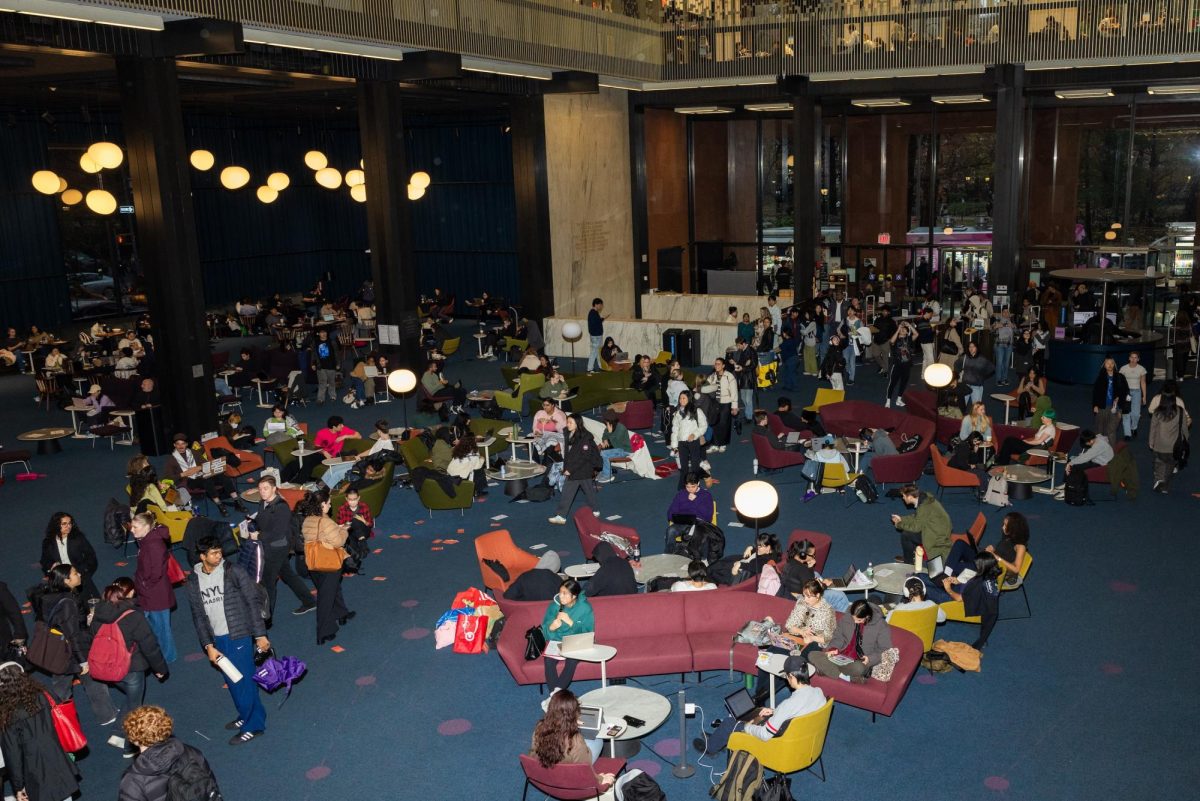













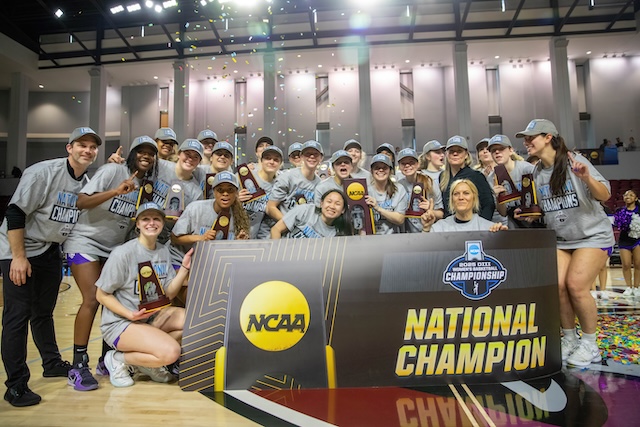

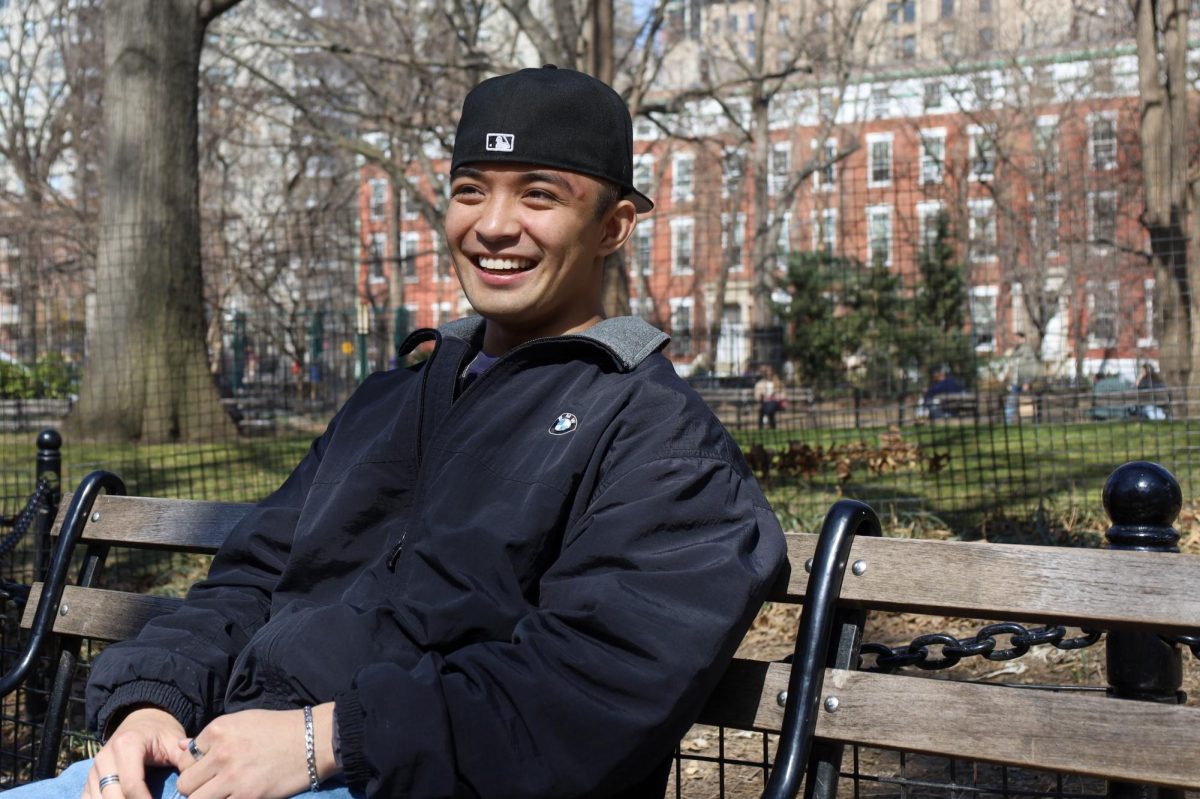

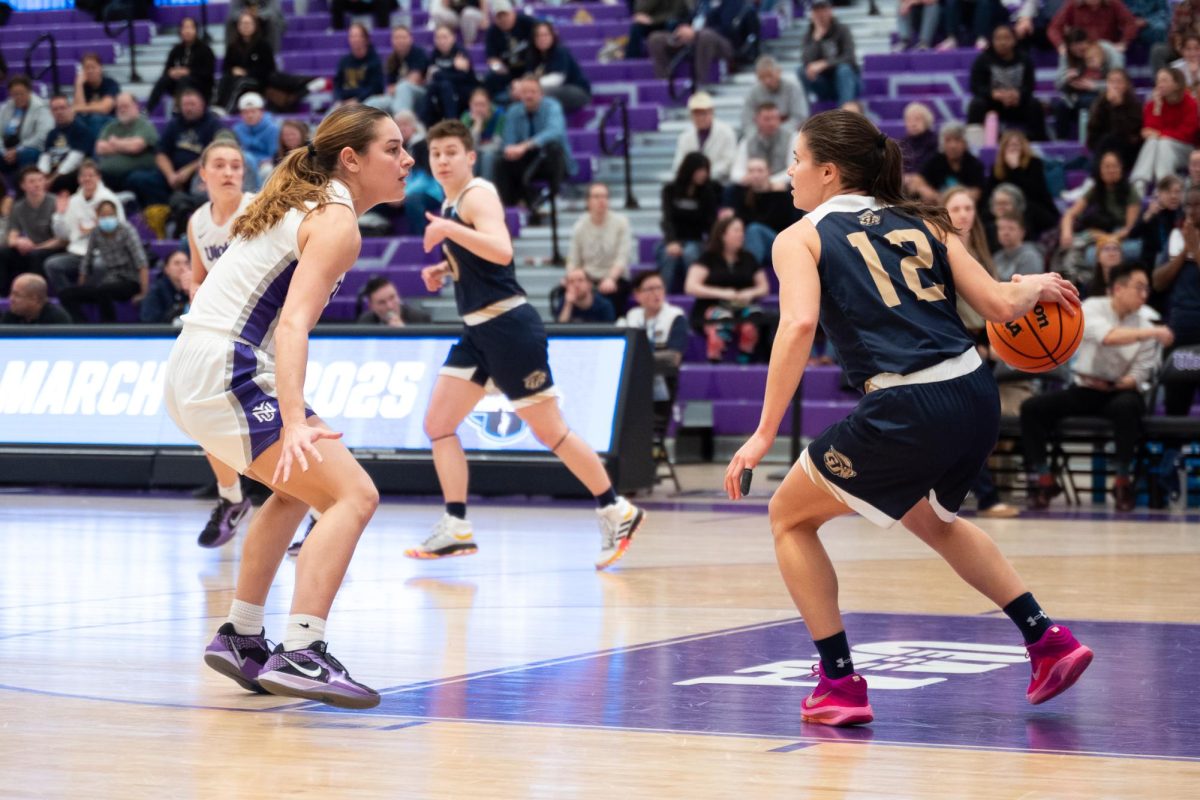







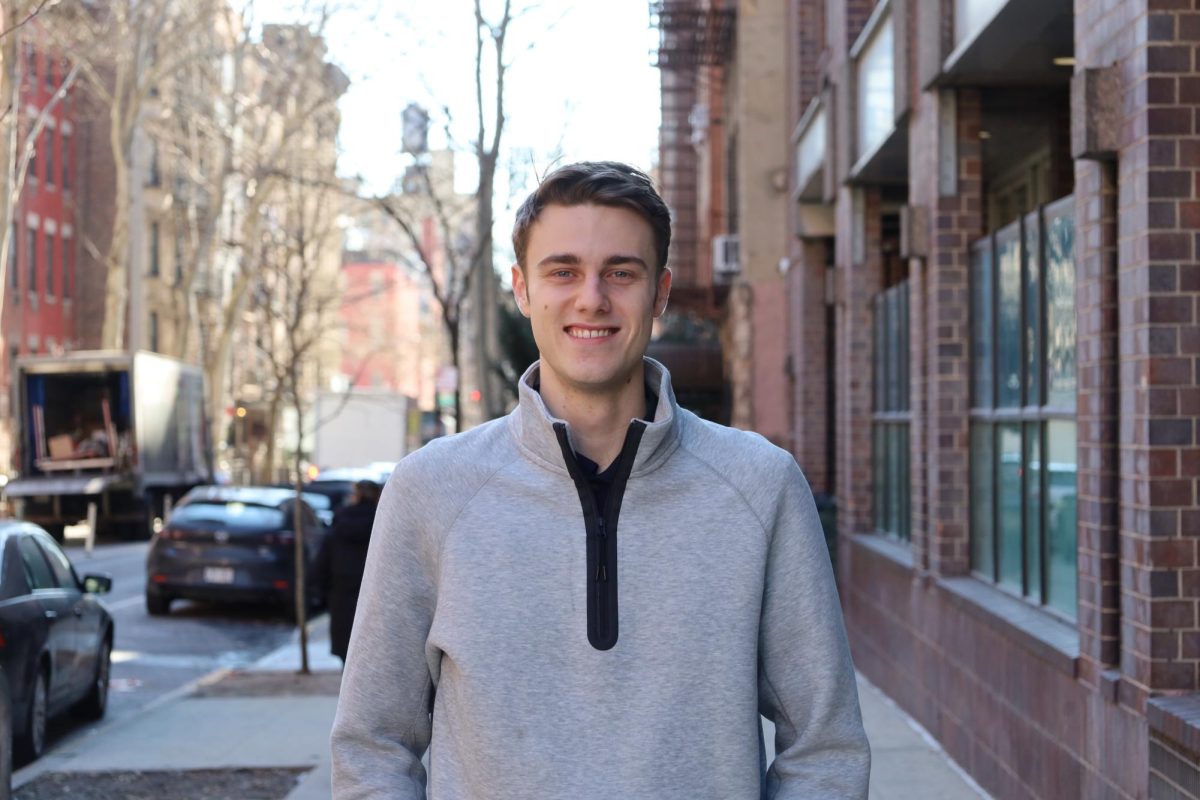
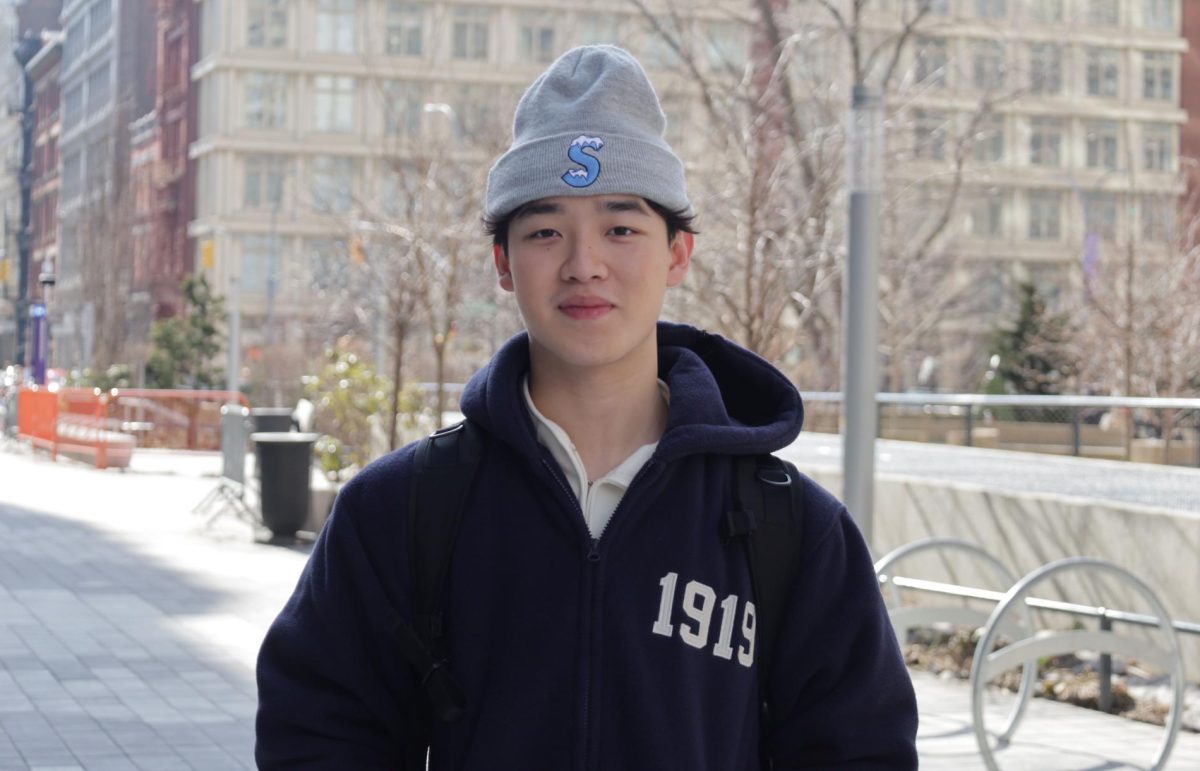
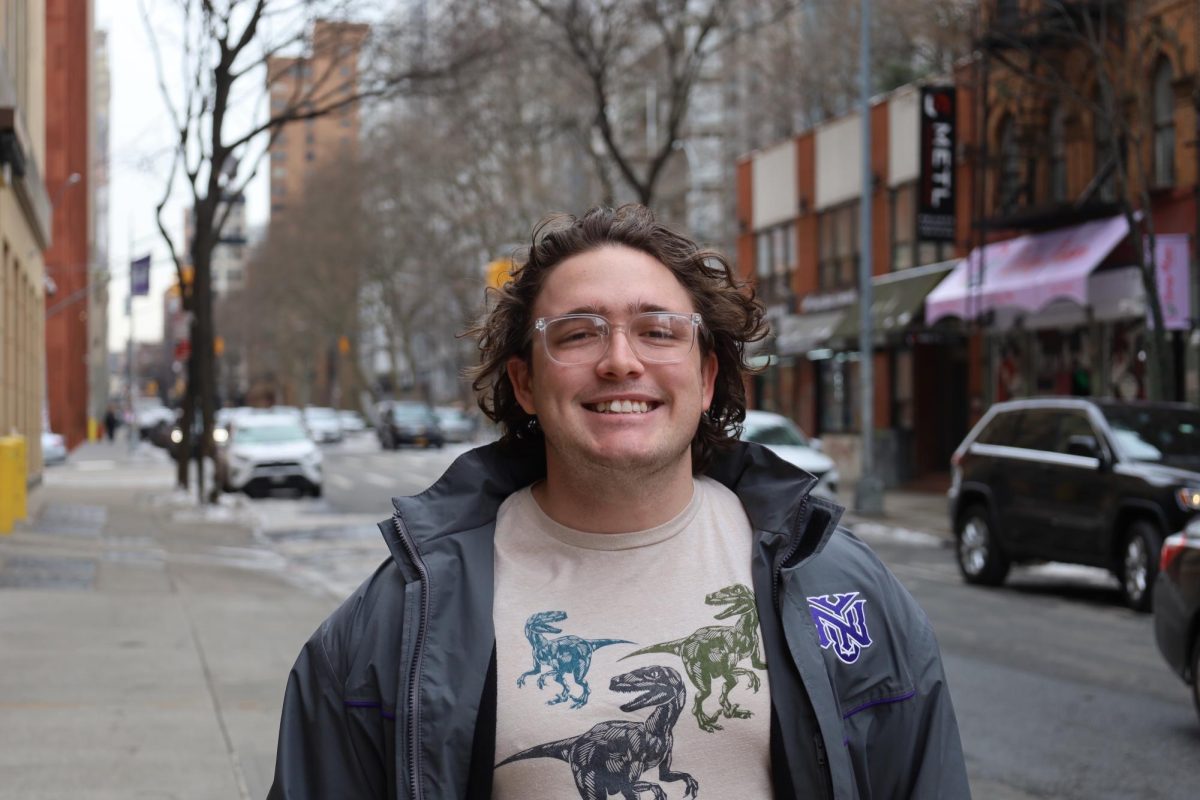

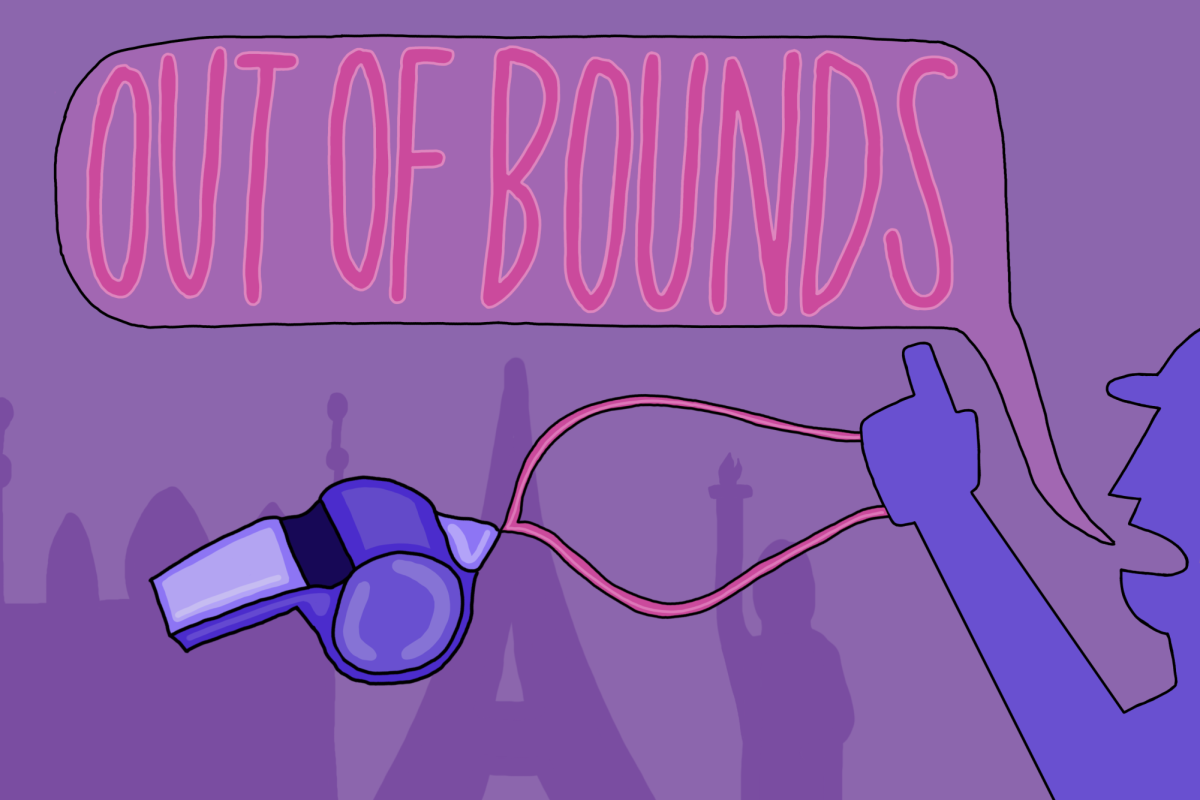
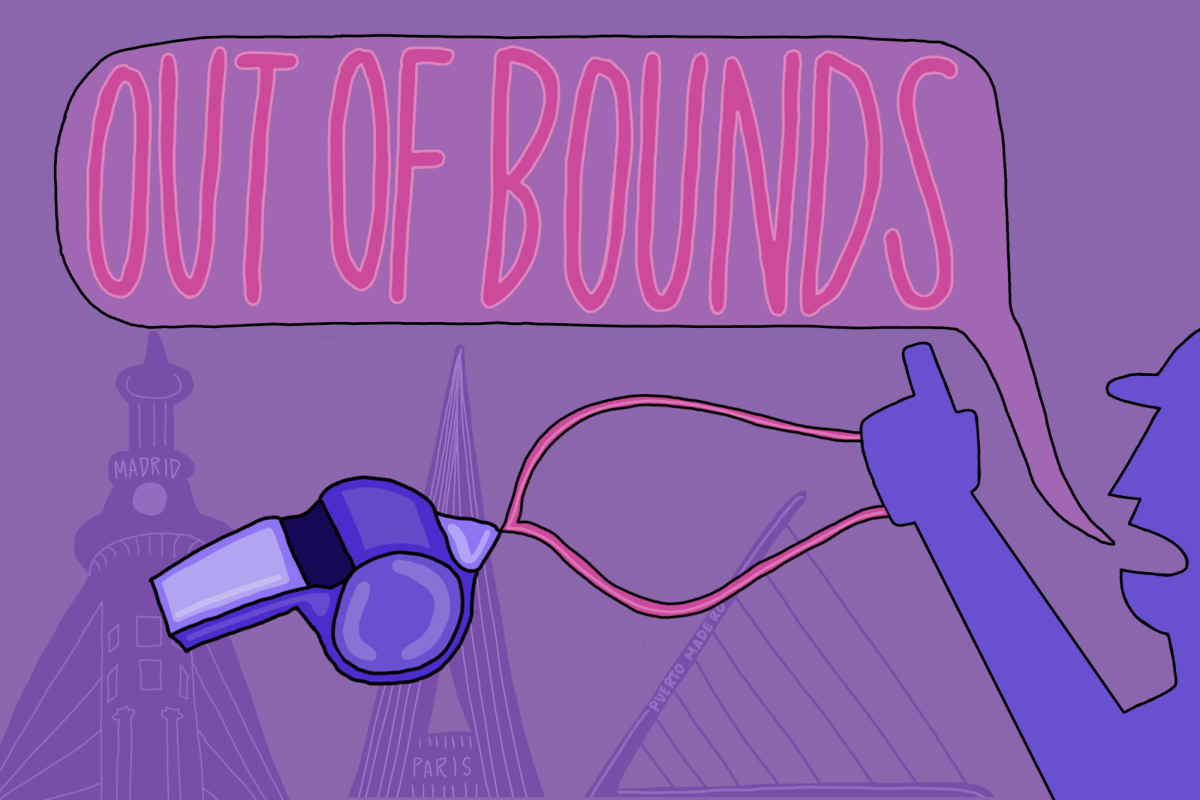
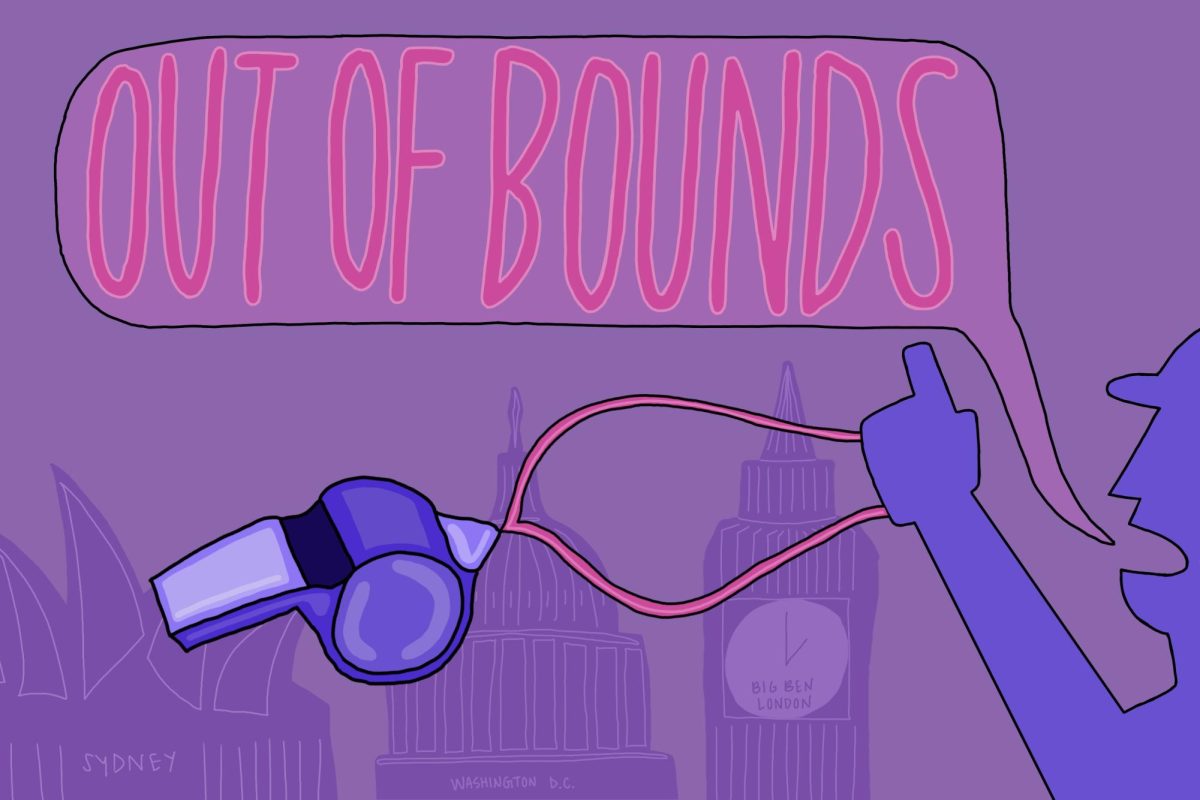
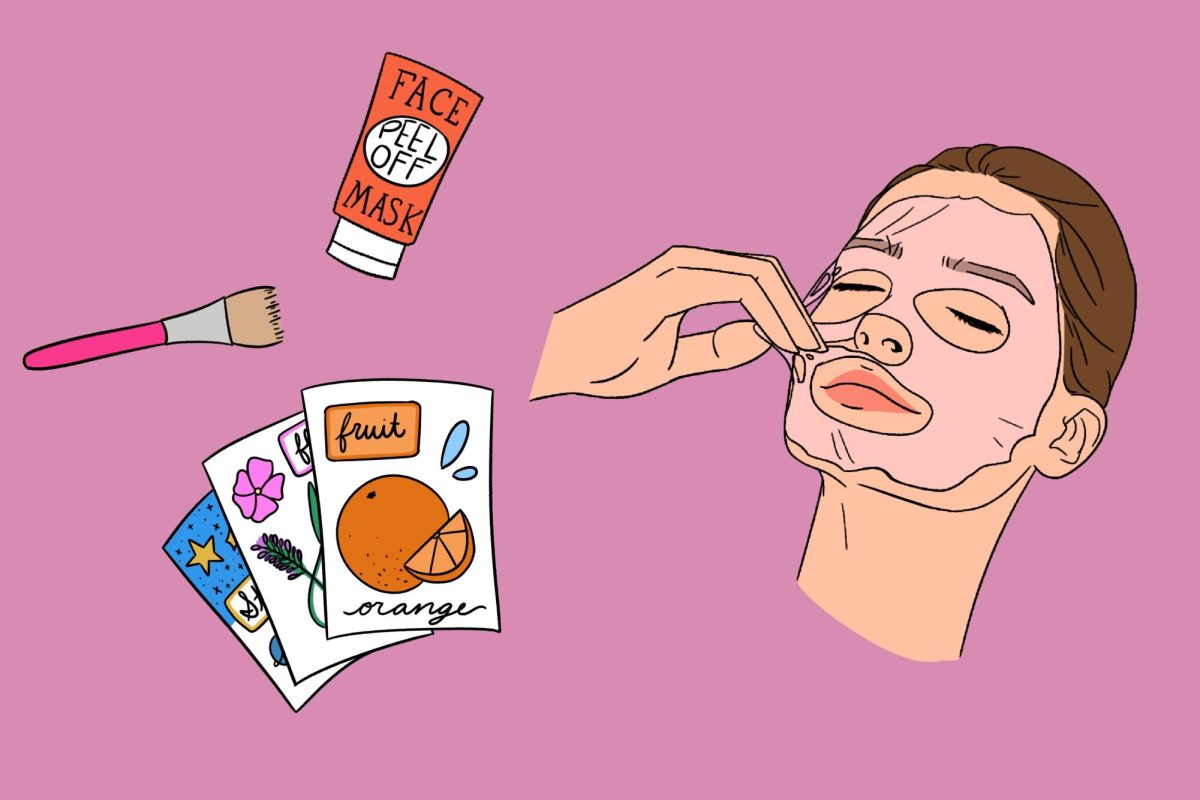


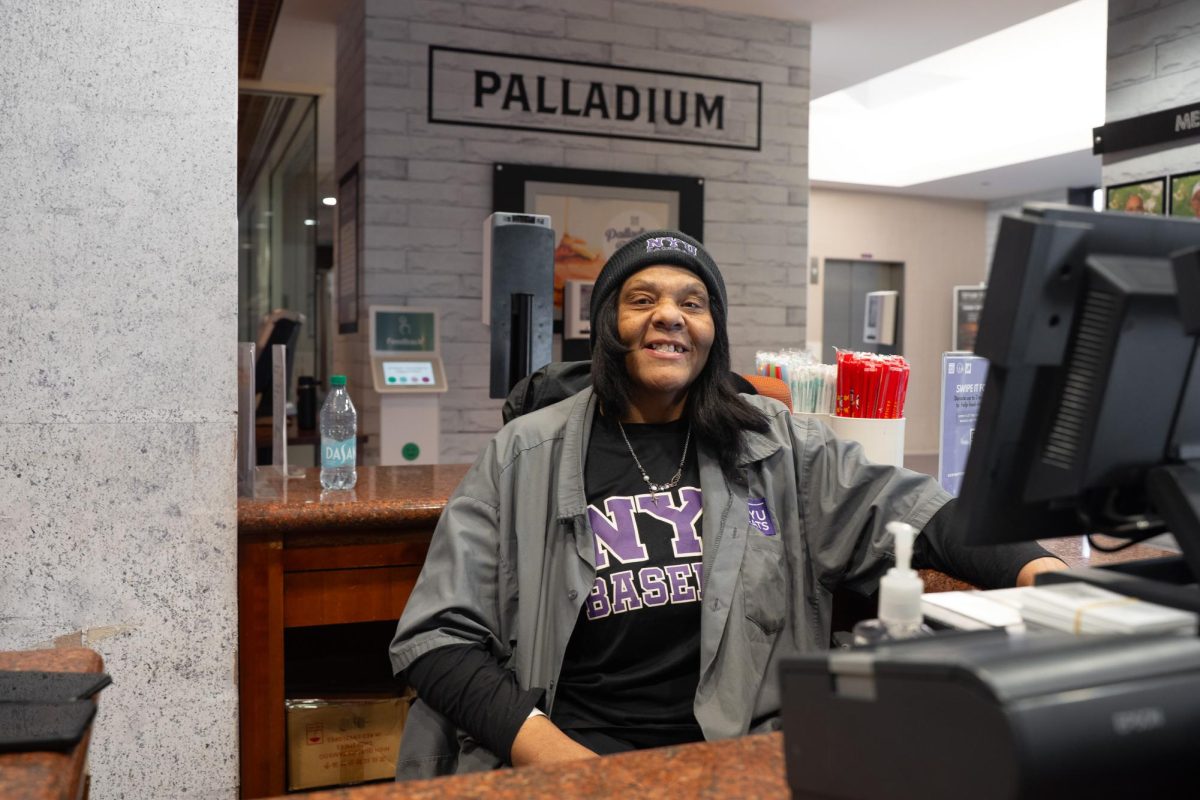



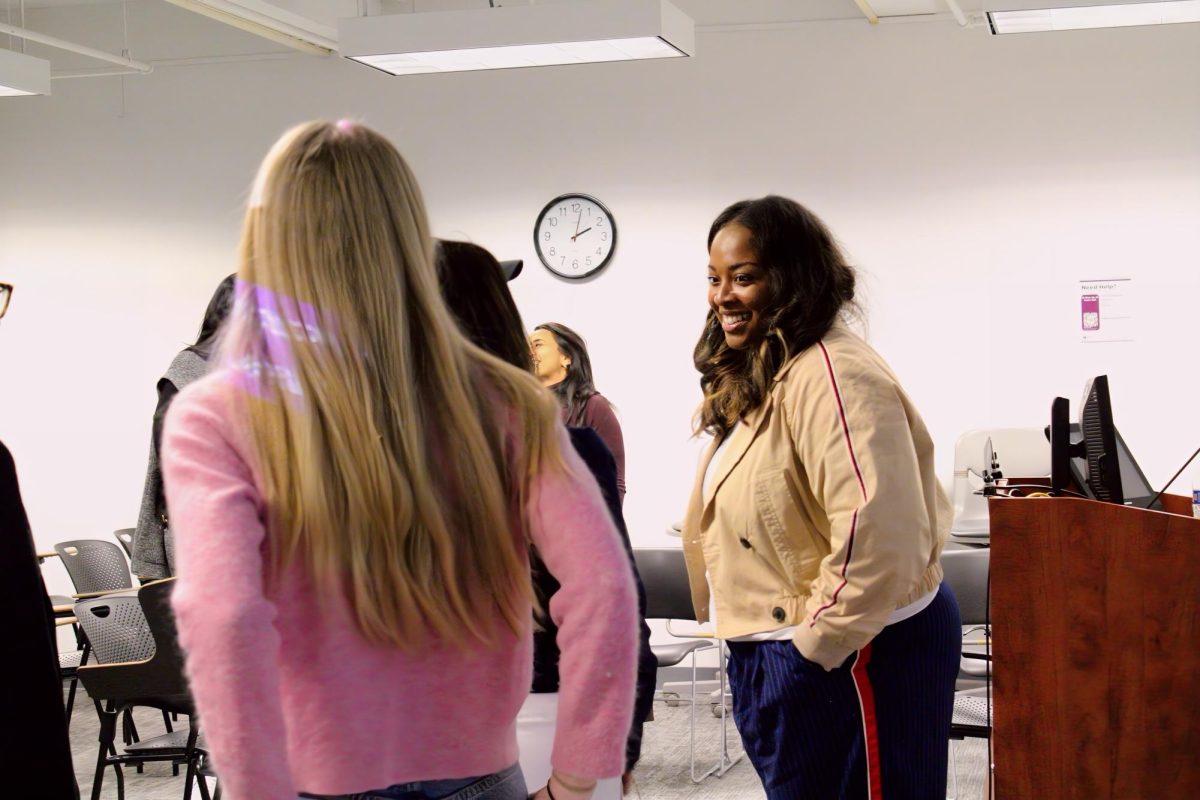
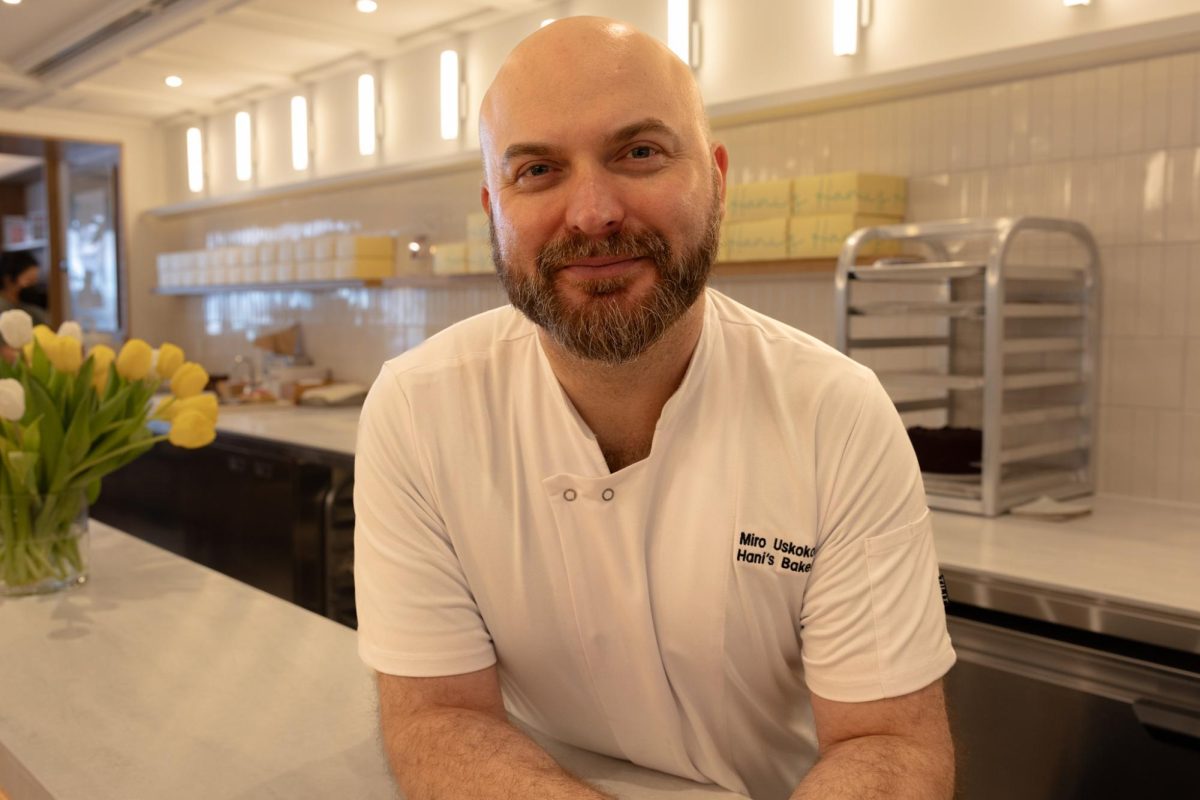


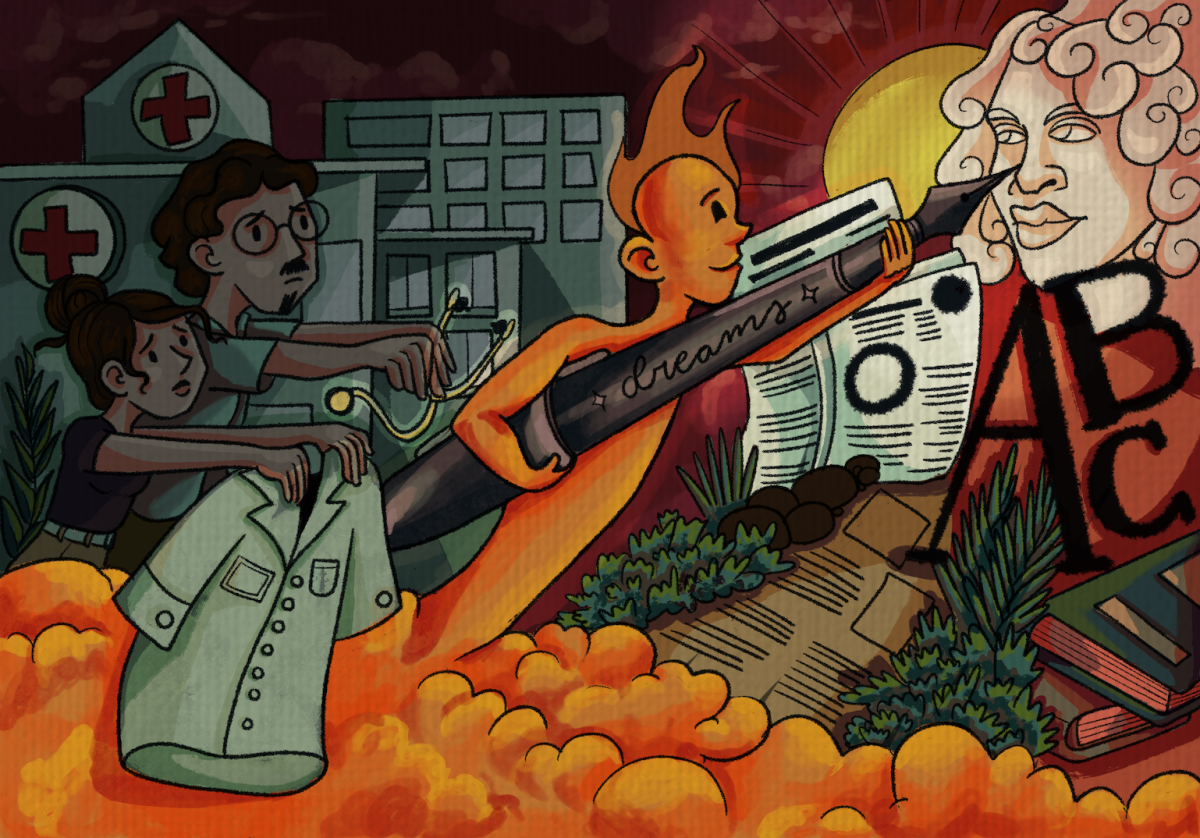
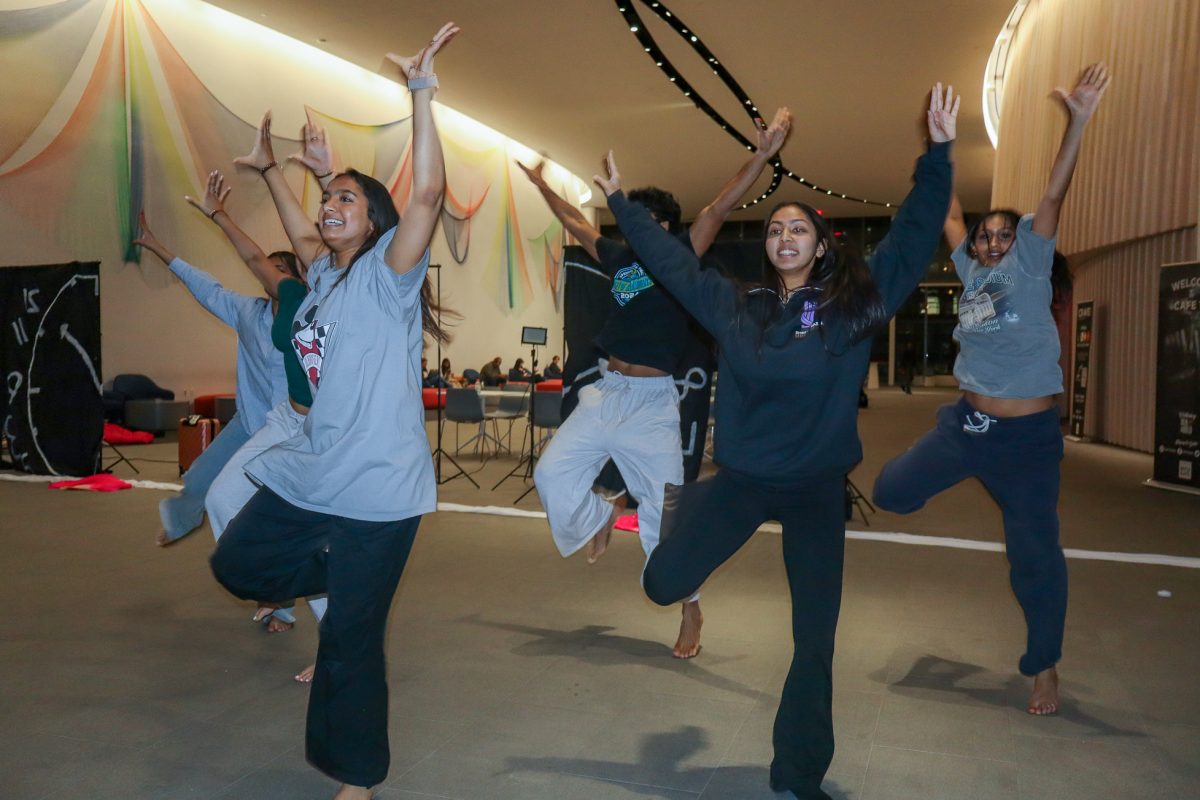



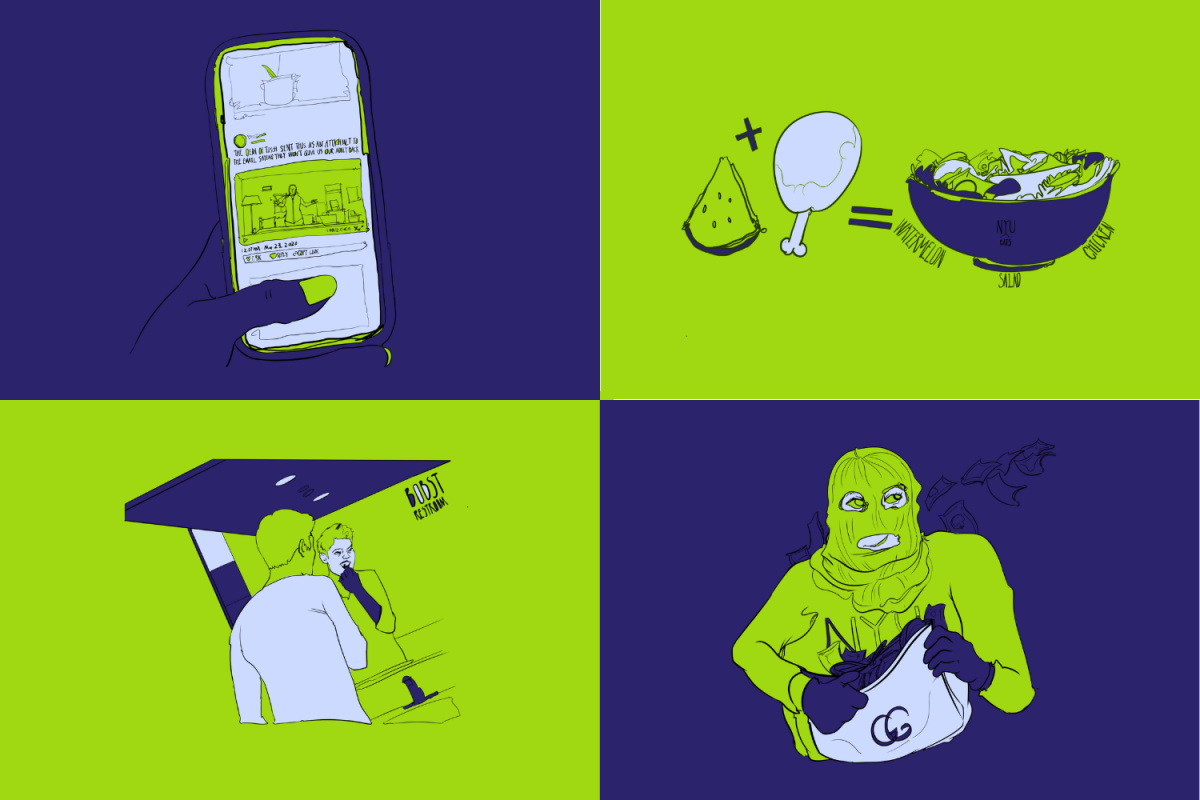

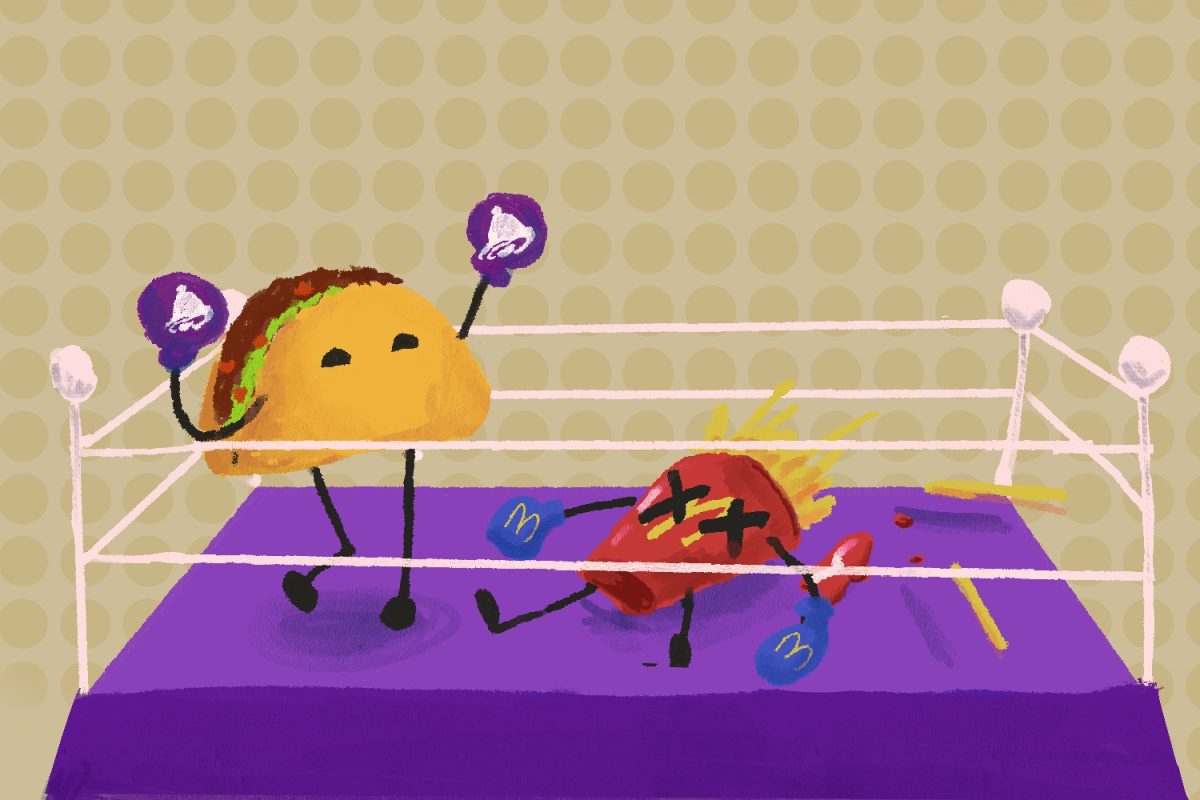








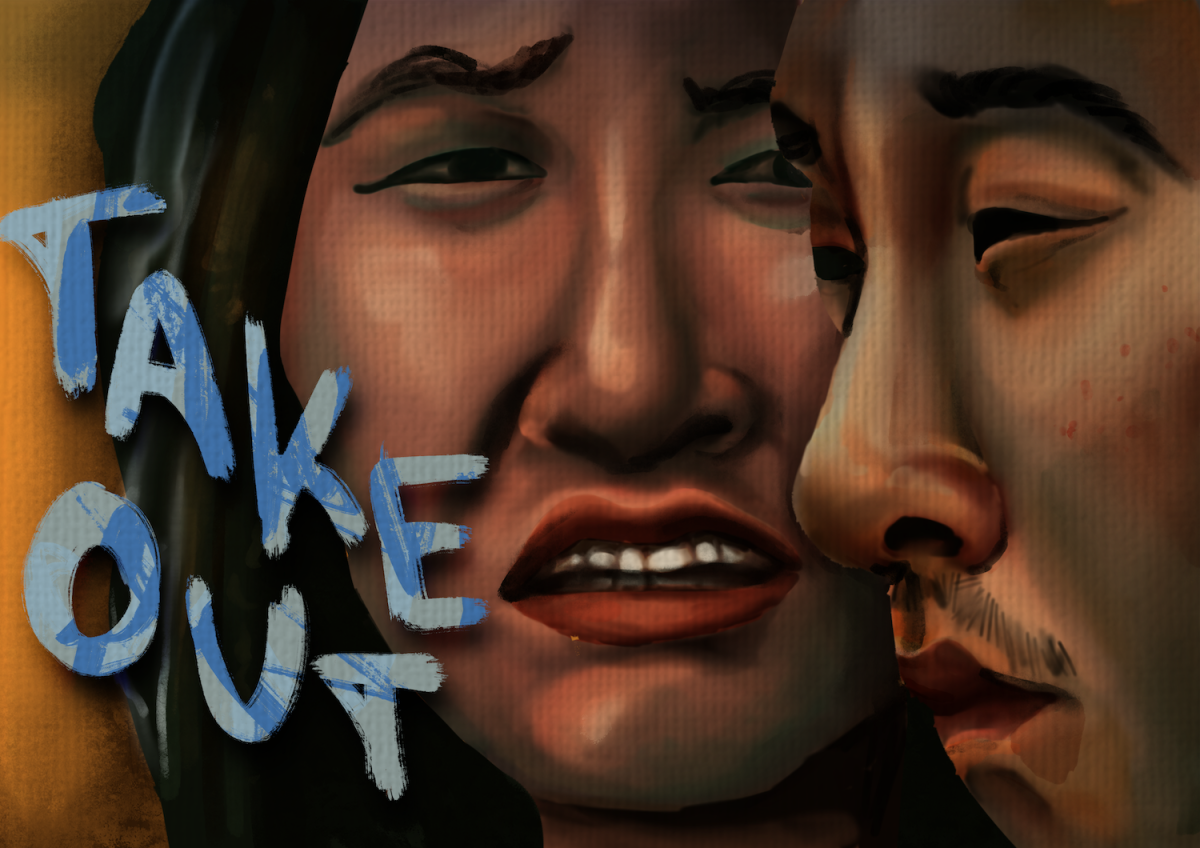



















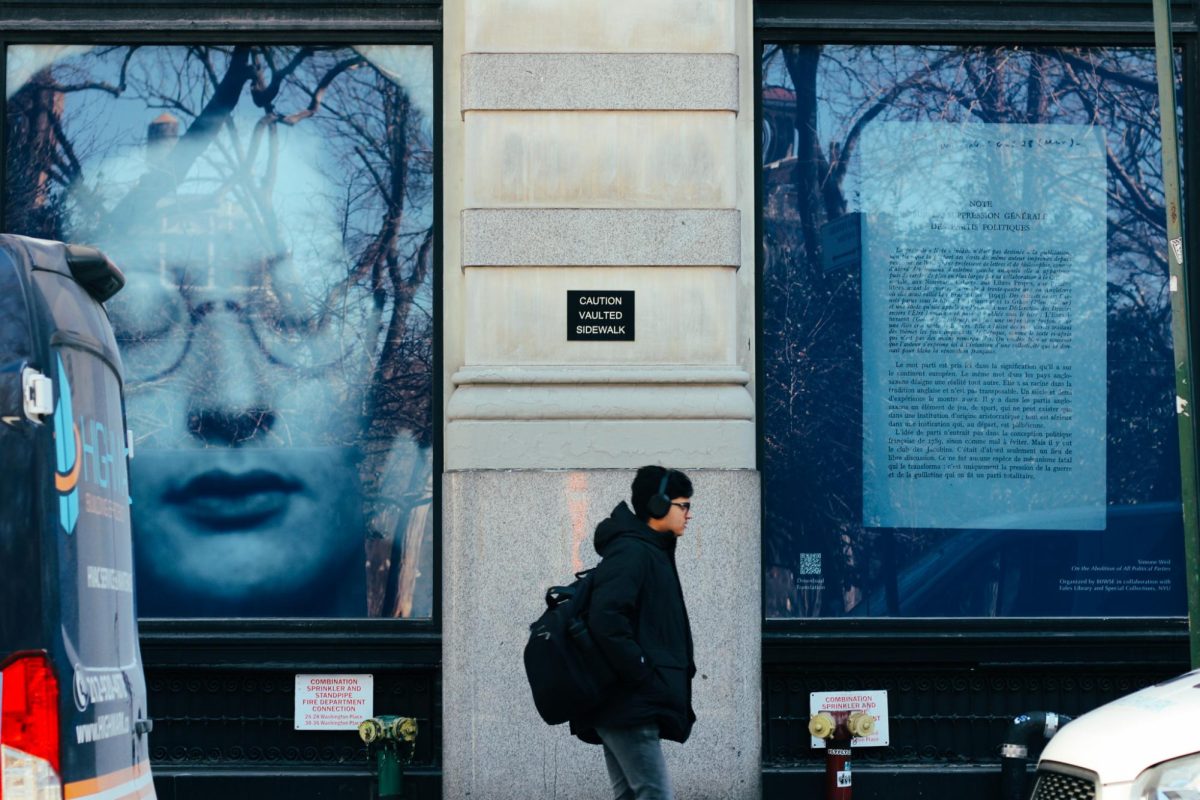
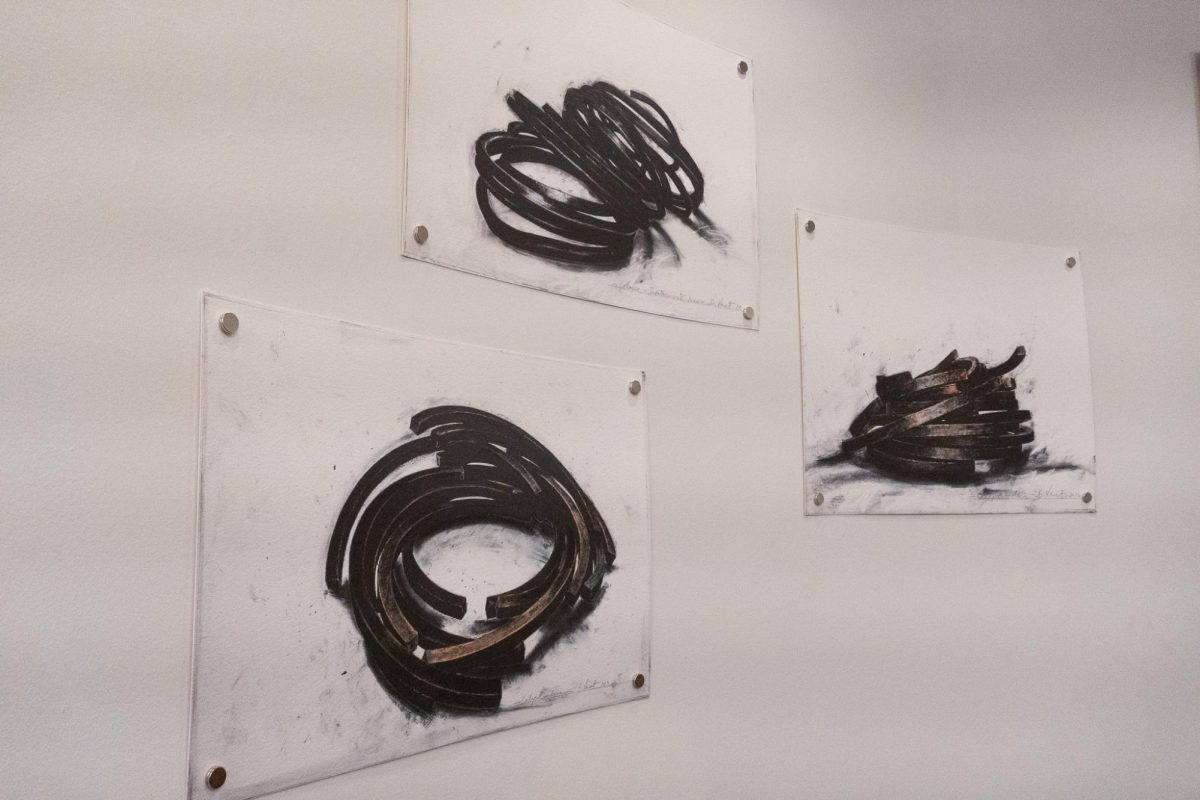

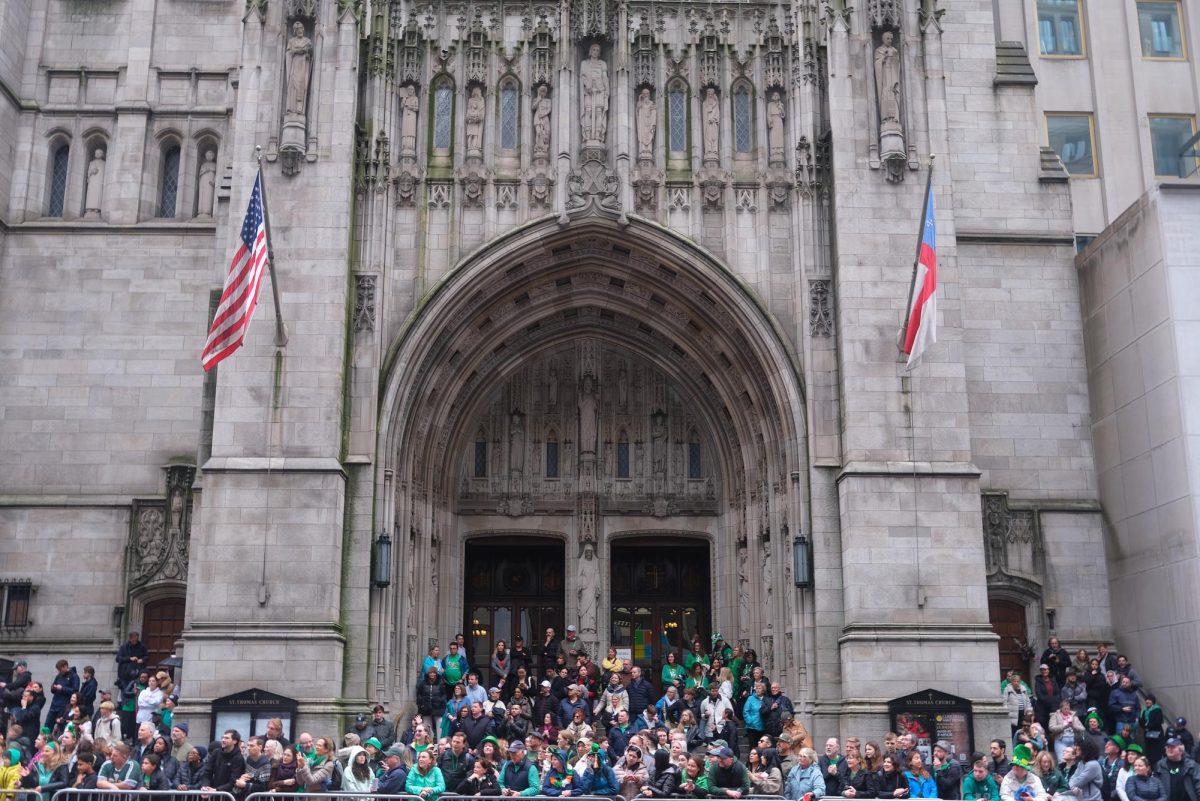









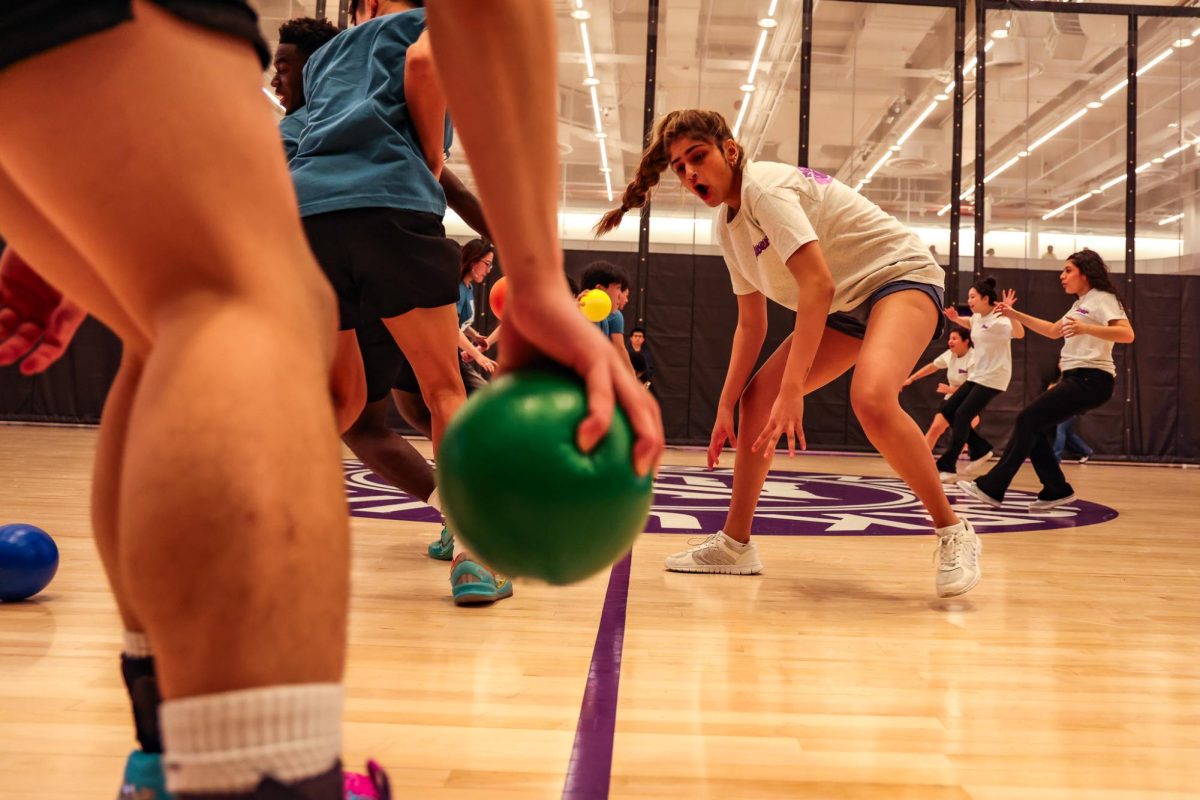
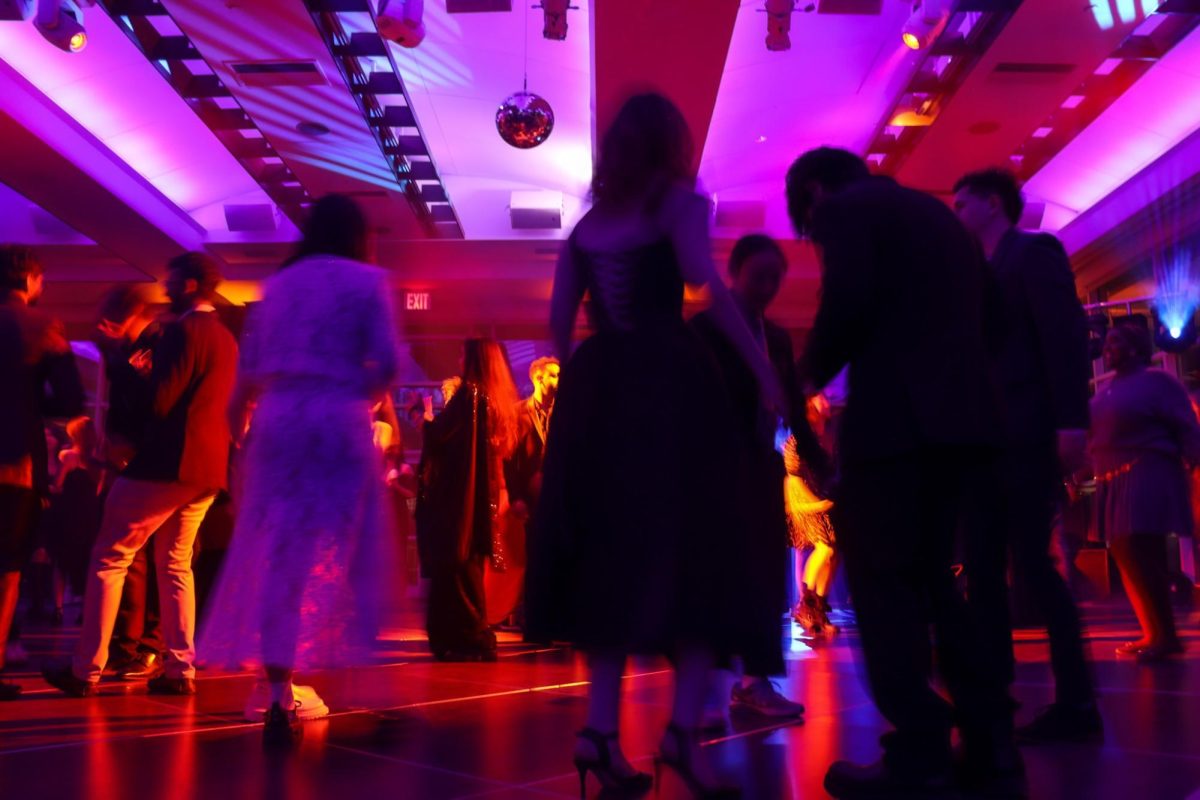












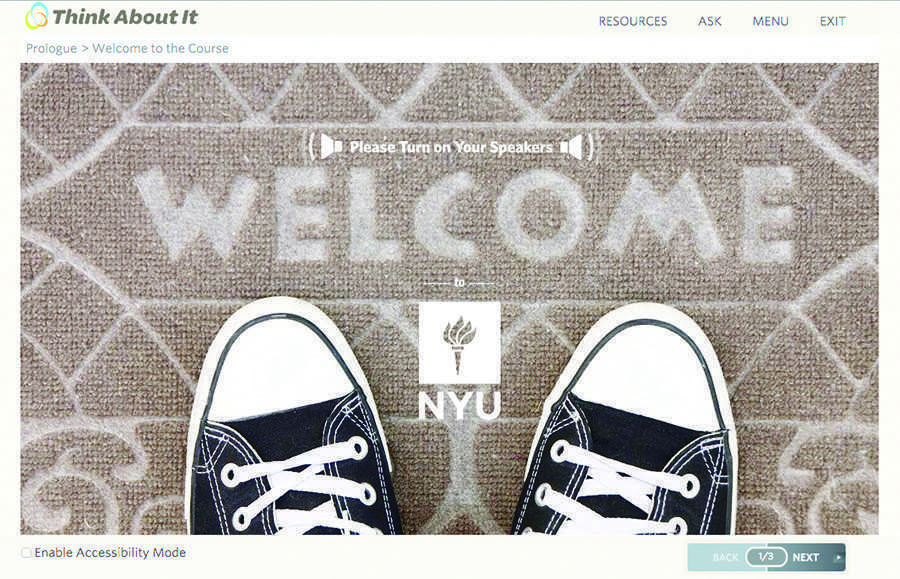


Donna • Sep 1, 2015 at 6:52 pm
I don’t know how this is applicable to my husband who is an educator and completing his 3rd masters degree. I also don’t know how this is applicable to my son who had a similar course in high school and in the military. For them, it’s a waste of time and is a distraction from doing meaningful jobs and assignments. Why impose this course on people who don’t fall into the stereotypical freshman college student? Why not make this a requirement for orientation rather than imposing it on existing students? Why is there the assumption that students aren’t receiving this type of education at home from their family? Obviously, I’m against this as I don’t see the value in it. My guess is that students will ‘tune out’ and simply go through the motions of getting the course done/over with so they can move forward with their educational goals.
Maureen • Mar 20, 2015 at 12:48 pm
This course is ridiculous, a waste of time, and not going to do anything to prevent sexual assault. Furthermore, my personal experience with the NYU Student Health Center (Wellness Exchange) is that they do NOT care about victims of sexual assault or help in any way. It’s better to go to the hospital and get a rape kit. Do NOT call or walk into the Wellness Center, I assure you they will not help.
Robert Riversong • Mar 11, 2015 at 11:12 am
Such programs, designed by rape victim advocates, are little more than indoctrination functions intended to universalize the myths of the “rape culture” propagandists, including that “1-in-5” college women will be sexually assaulted, that there is an “epidemic” of campus rape, that there is a pervasive coverup of the problem, that women should always be believed and are never responsible for their own choices and behaviors, while men are to be presumed guilty until proven otherwise and are 100% responsible for the sexual advances of a drunken coed.